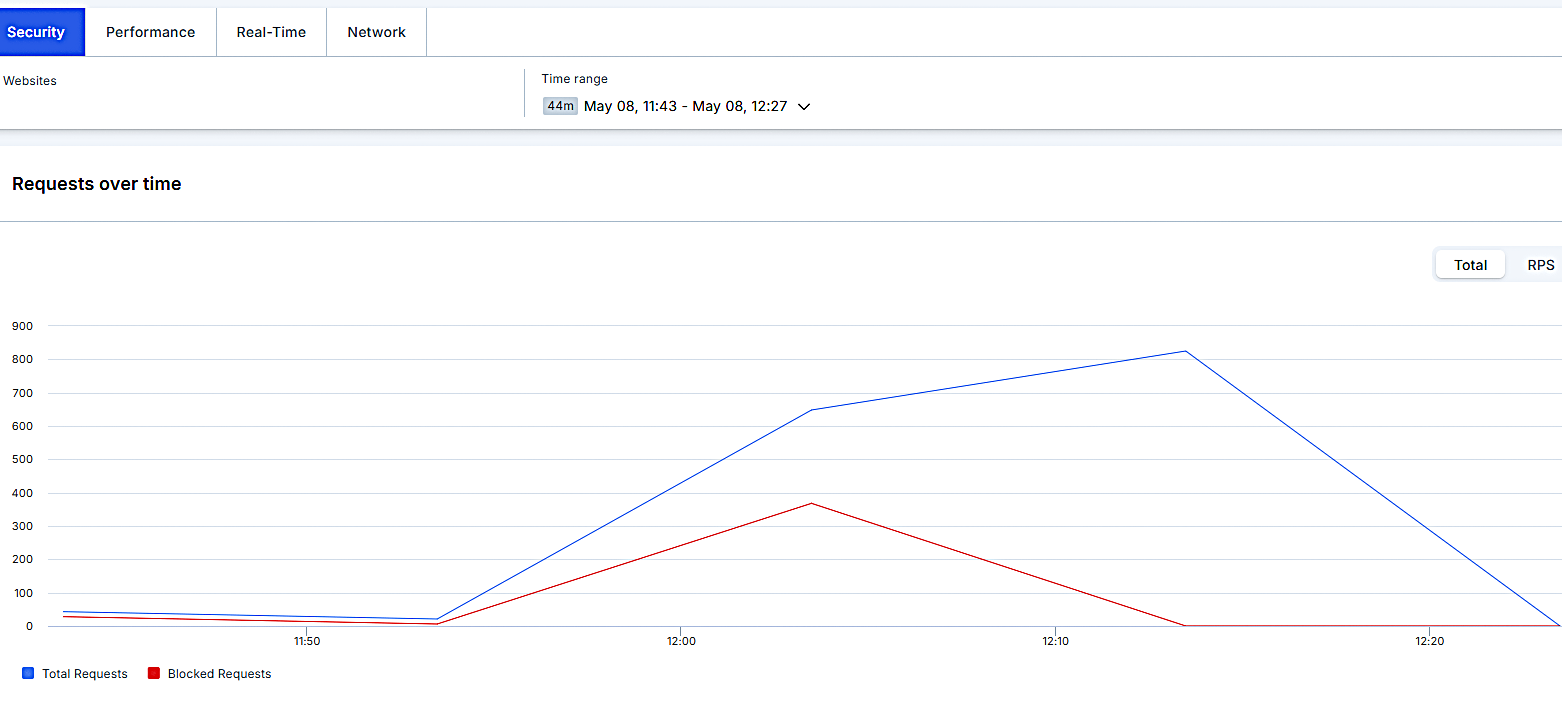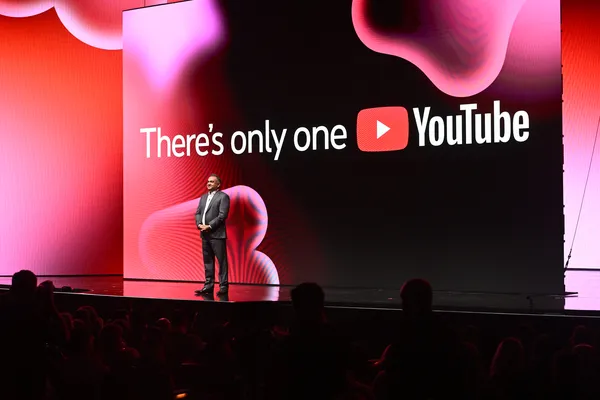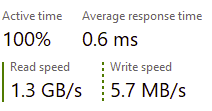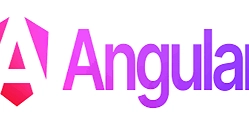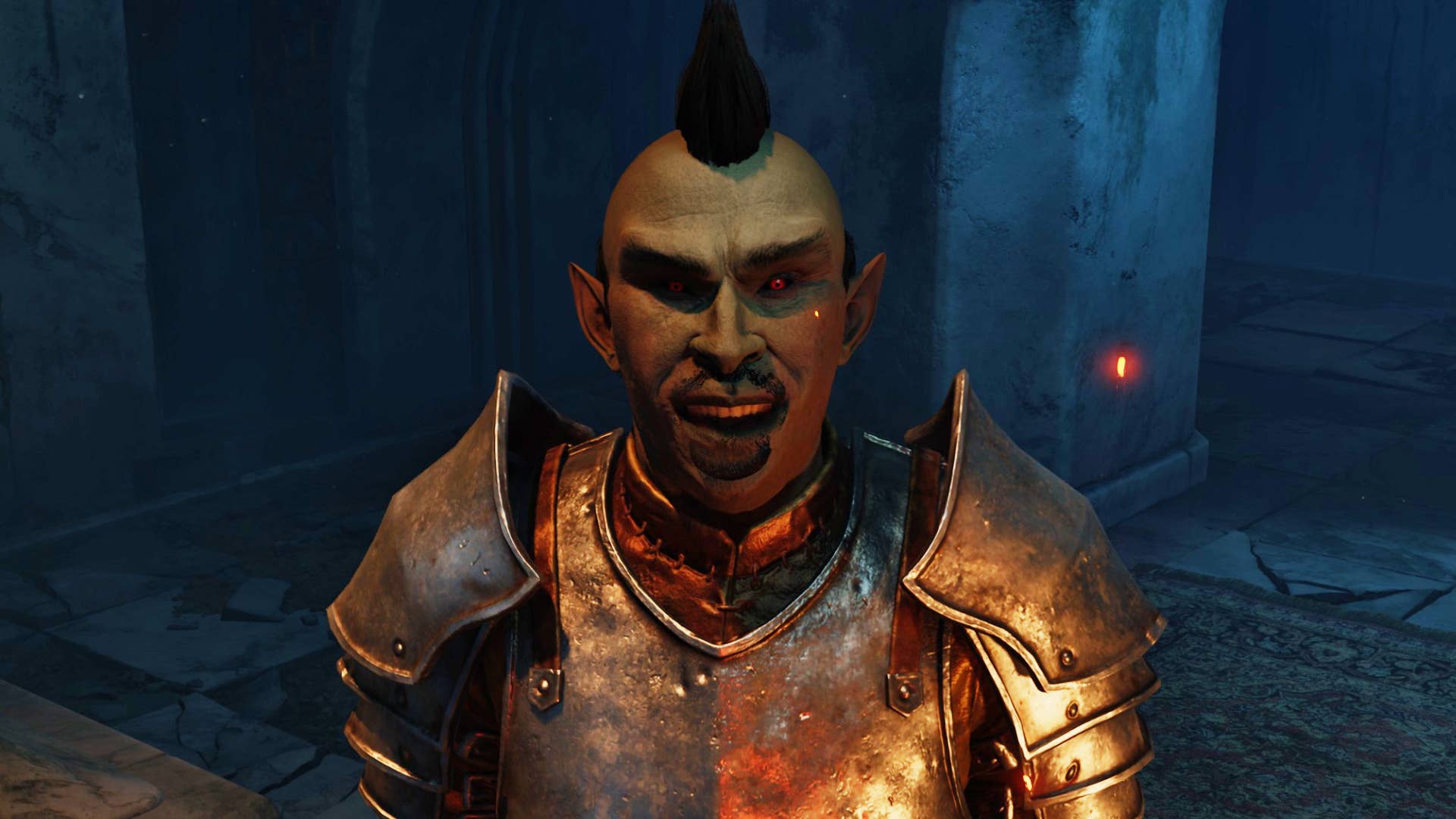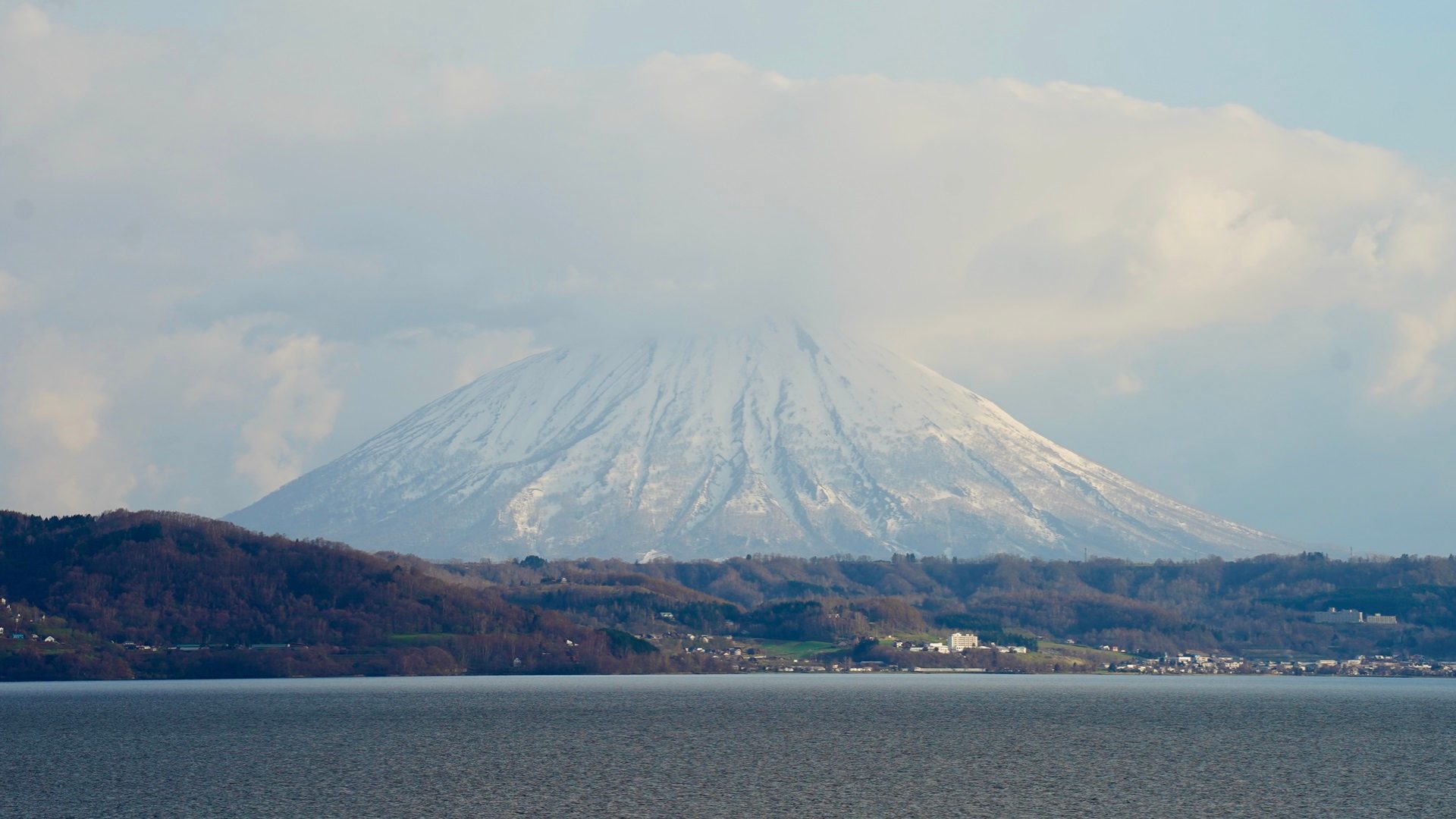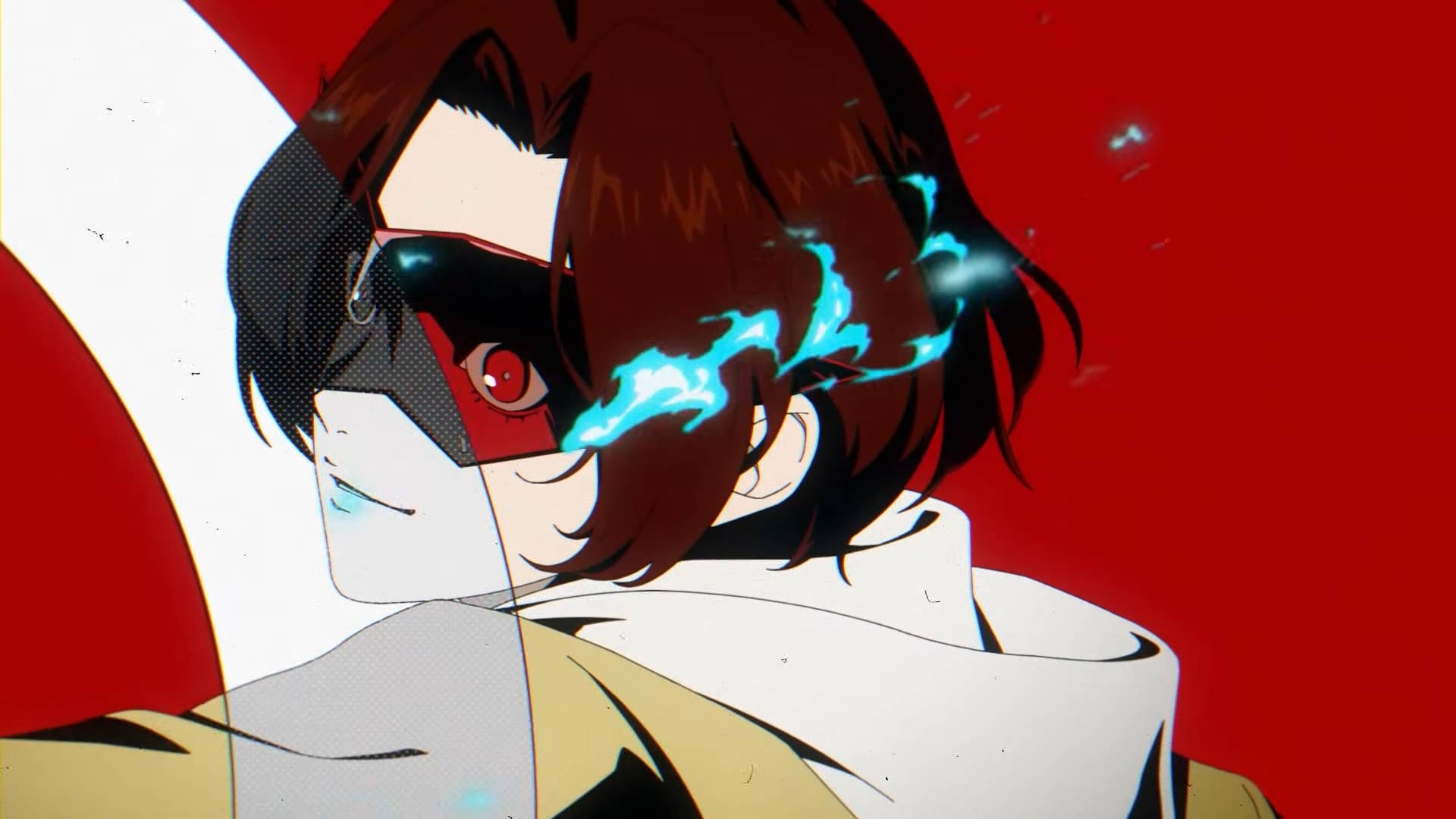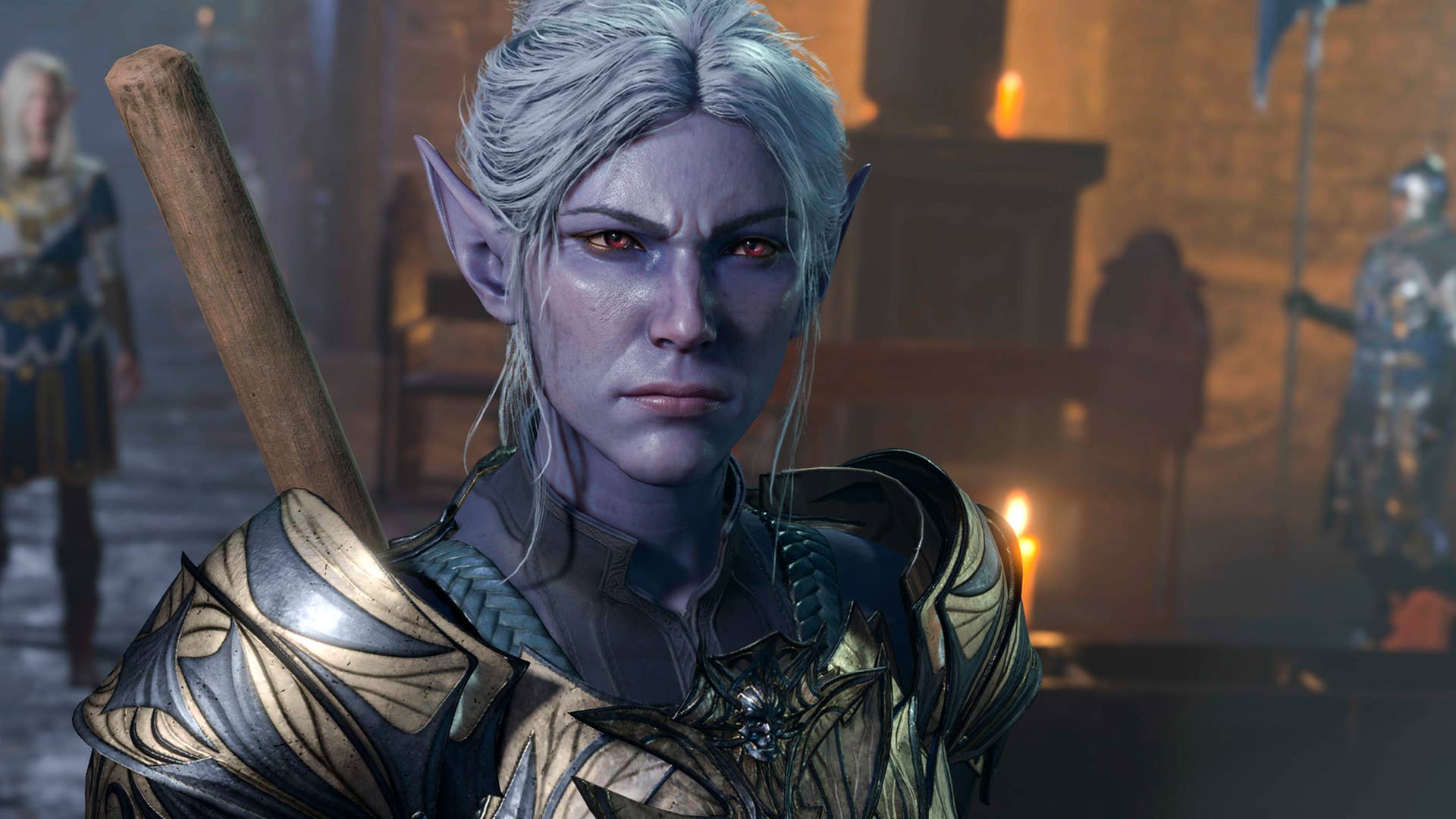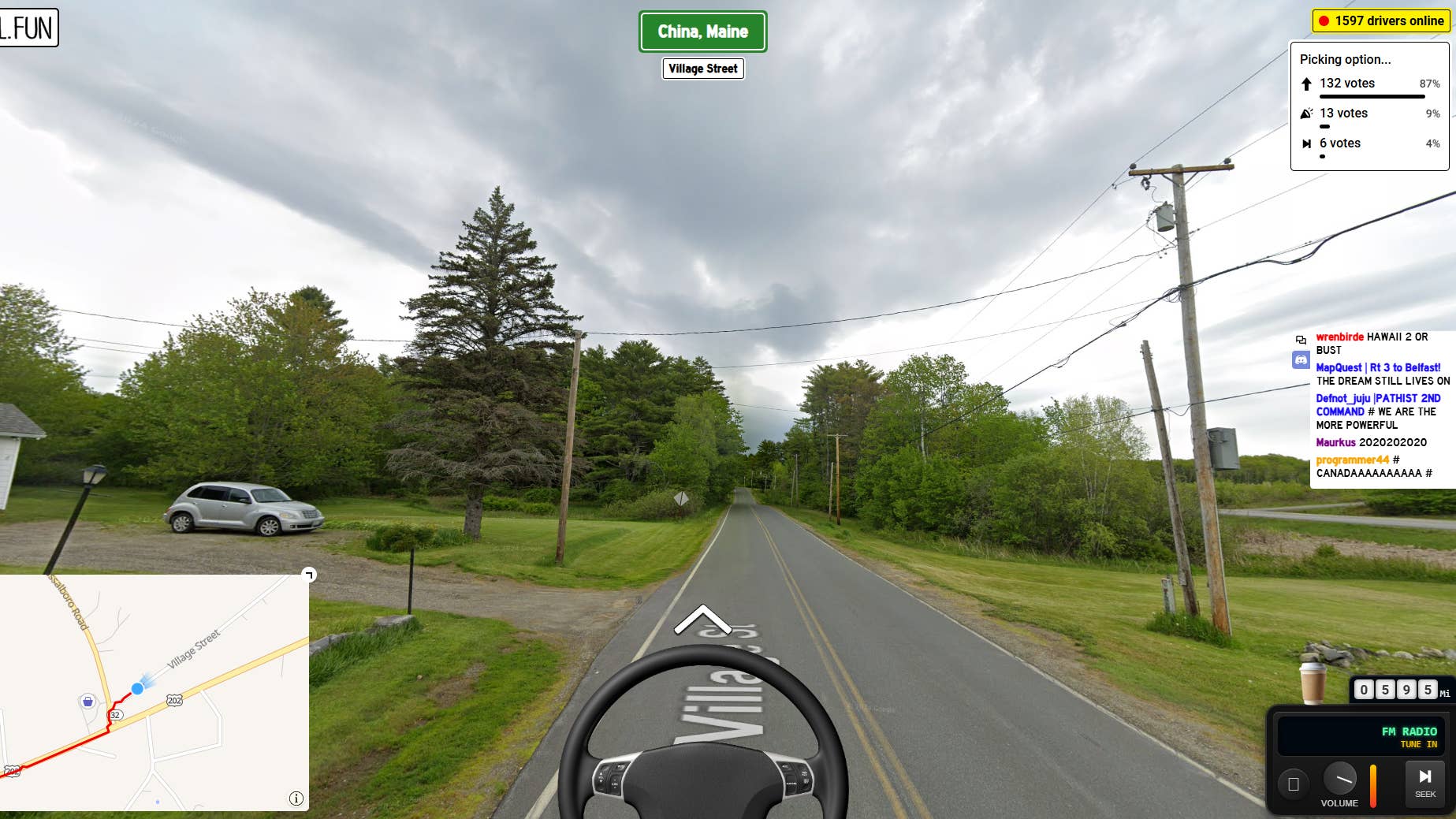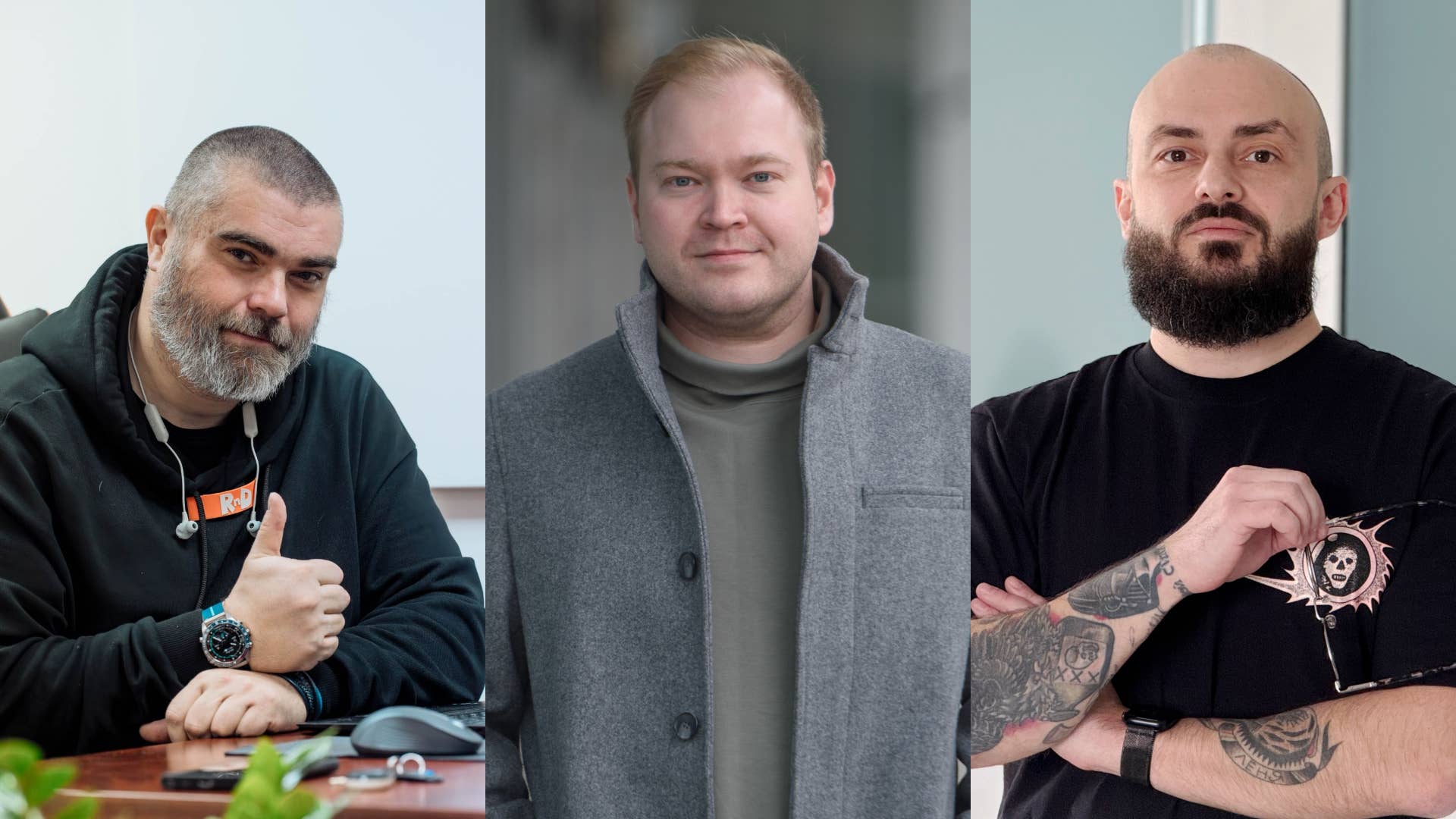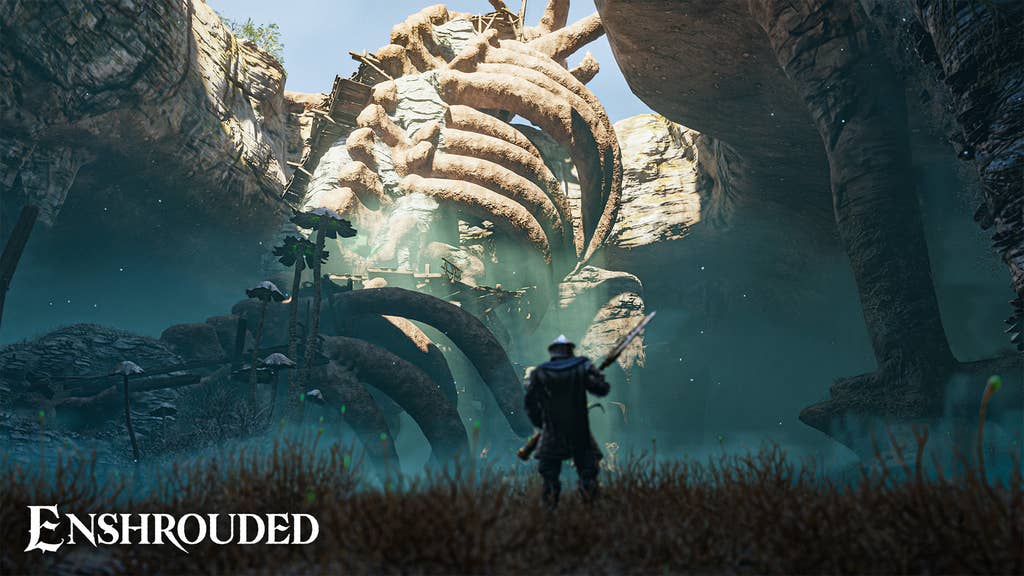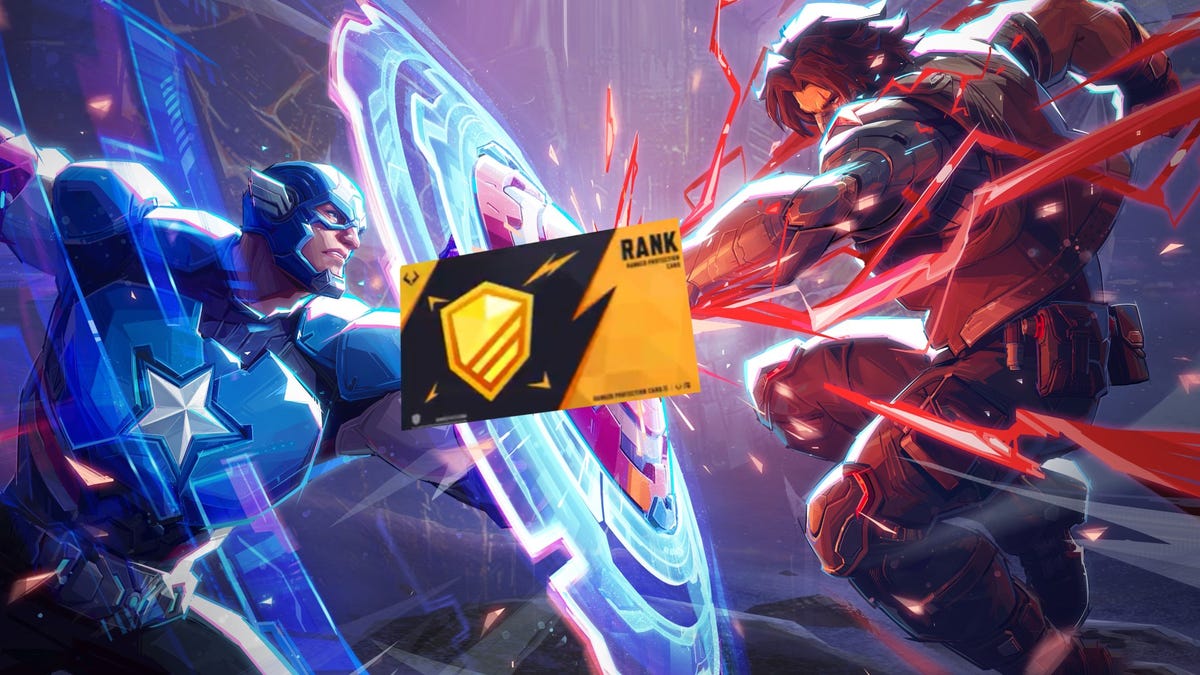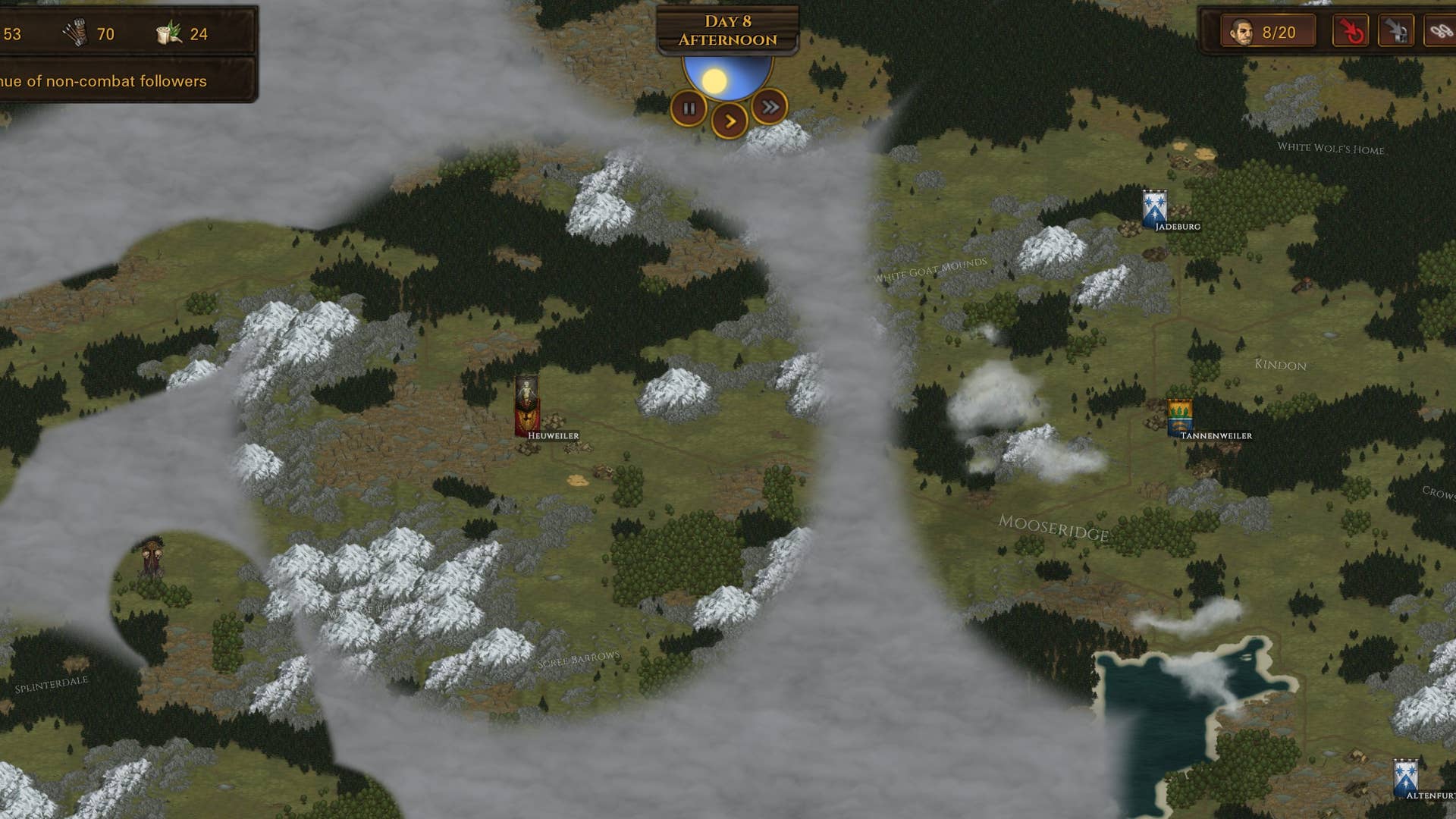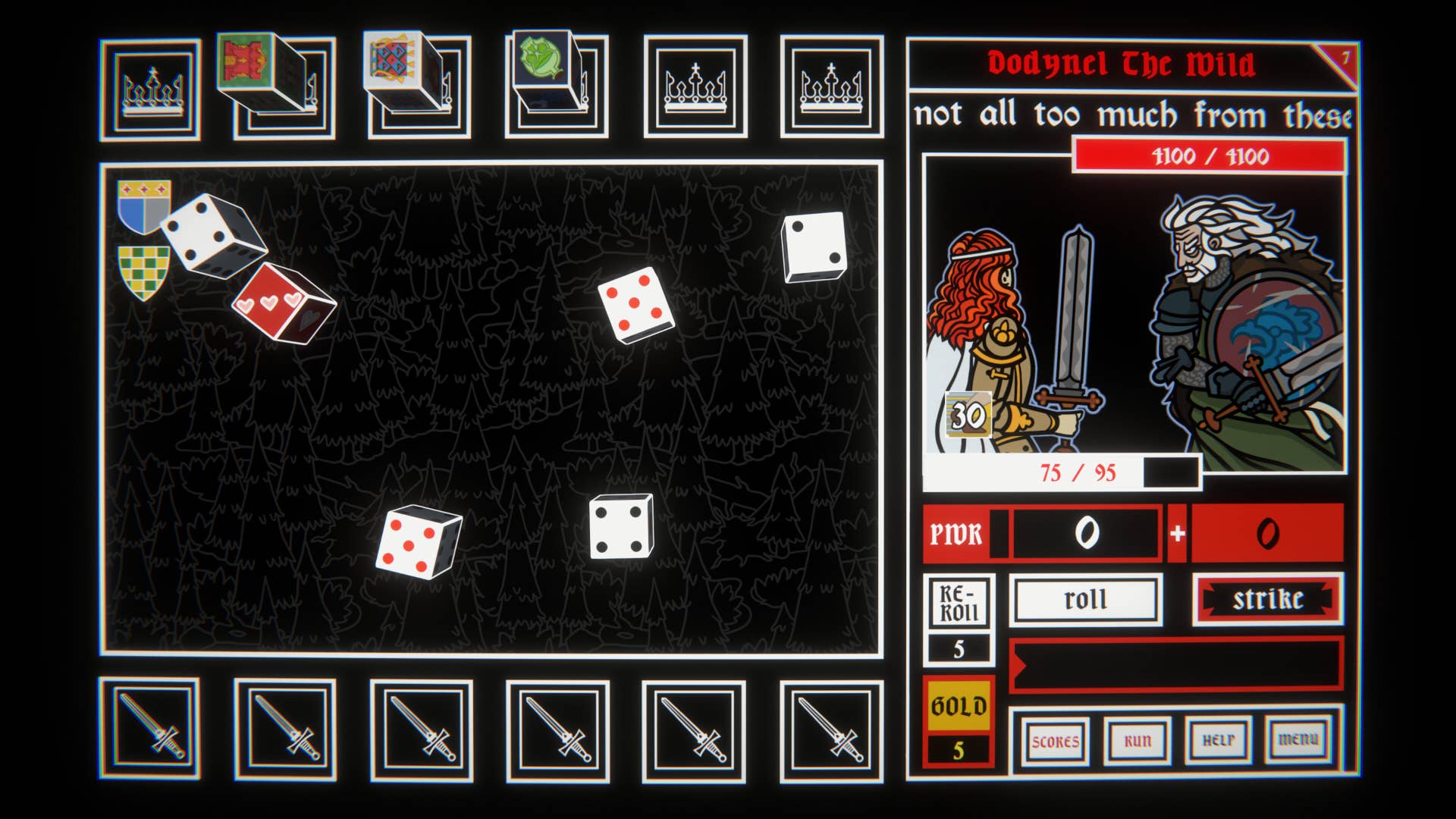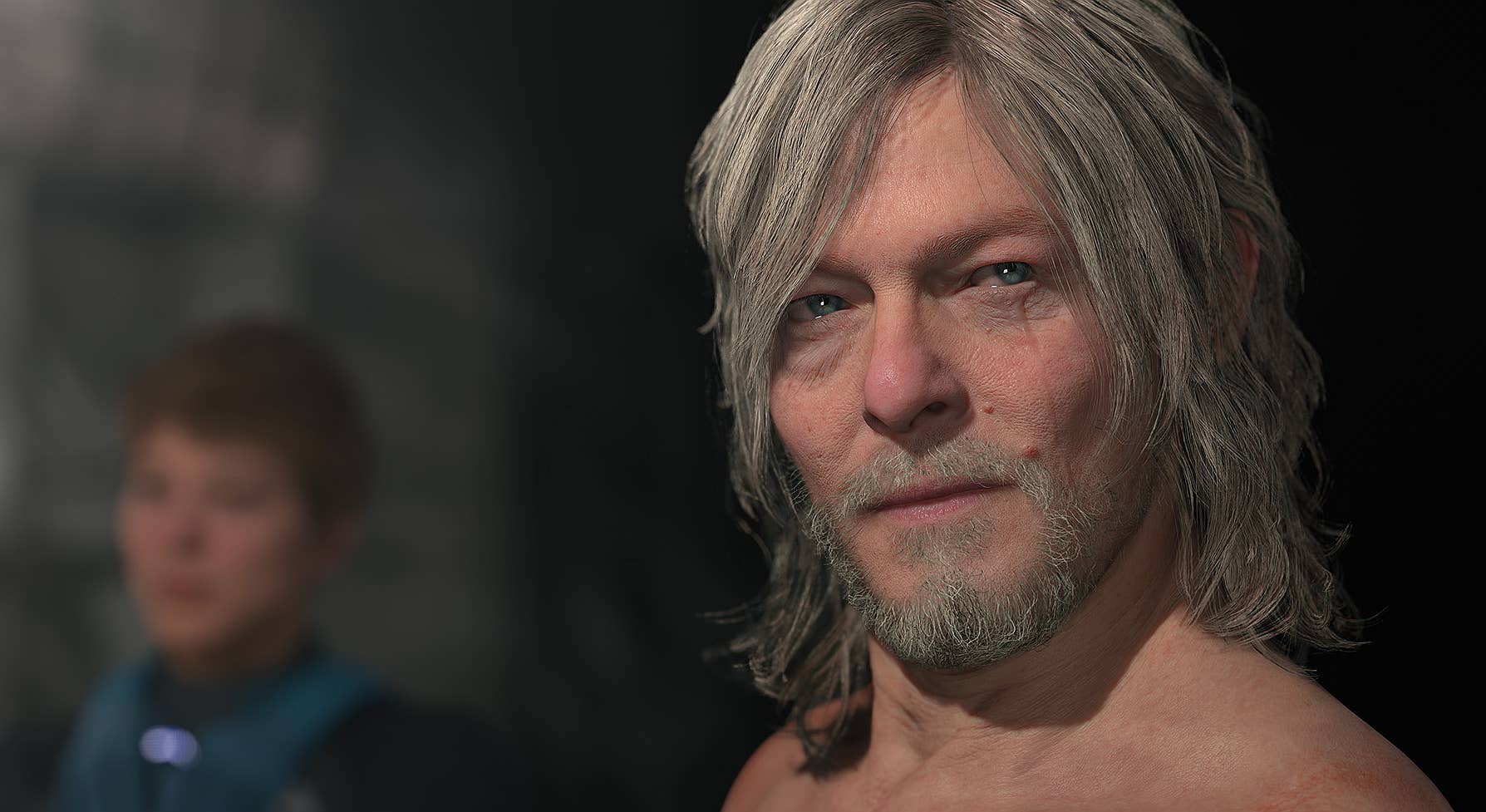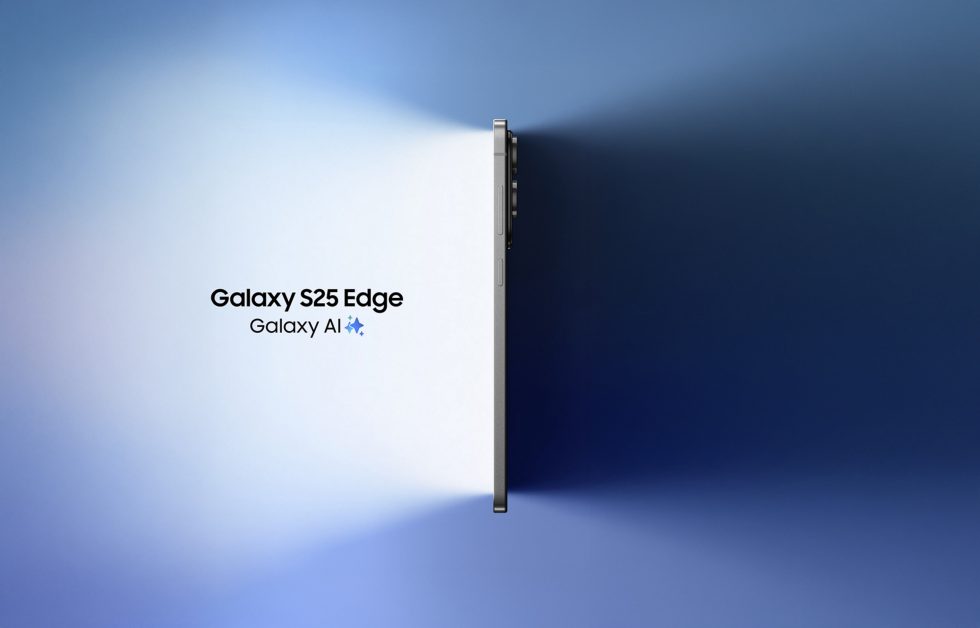Wrong Logo, No Piracy Proof: French Court Rejects DNS Piracy Blocking Bids
French courts continue to expand the scope of sports piracy related DNS blocking, as requested by rightsholders. While perceived as too broad by the targeted DNS resolvers, the orders are not signed blindly. A new court order issued this month rejects blocking requests for several sports streaming domains, noting that sports network beIN failed to supply sufficient proof that 'their' streams were pirated. From: TF, for the latest news on copyright battles, piracy and more.

 In May last year, the Paris Judicial Court ordered Google, Cloudflare, and Cisco to block access to several pirate websites by effectively poisoning their DNS.
In May last year, the Paris Judicial Court ordered Google, Cloudflare, and Cisco to block access to several pirate websites by effectively poisoning their DNS.
The order, requested by Canal+, compelled the tech giants to modify their resolvers or take measures that had that effect, to prevent users from accessing unauthorized sports streams.
In the months that followed, additional rightsholders such as DAZN and beIN joined in on the action with similar requests, while more DNS providers were added as targets, including Quad9 and Vercel. Transparency is limited, however, so it can be difficult to figure out who blocks what and why.
BeIN Seeks New DNS Blocking Order
This week, a new court order appeared on our radar which stands out for numerous reasons. The order was requested by a French sister company of Qatari multinational beIN and targets public DNS resolvers provided by Cloudflare, Google, and Quad9.
BeIN’s complaint alleges that the DNS services allow the public to resolve domain names linked to sports piracy. This includes unauthorized broadcasts of the Bundesliga and the WTA Tennis tournament, for which beIN claims to be the licensed rightsholder.
Domains listed: sporttvls.com, lshunter.net, premiertv.watch, line.super-signal.com, line.protv.cc, mrc10.in, streamendous.online, techydeals.online, braveo.tv, evdtv.app, and mypanel.be.
The legal paperwork is in many regards similar to that seen in previous applications; grounded in Article L. 333-10 of the French Sports Code, rightsholders are empowered to seek court orders against any entity that can help to stop ‘serious and repeated’ sports piracy.
Court Rejects Domain Blocks Citing Insufficient Proof
Previously, the Paris Judicial Court had few reservations regarding the infringing status of targeted domain names. In this case, however, several blocking requests were denied.
According to the court, beIN failed to provide sufficient proof to warrant a blocking order under Article L. 333-10 for alleged infringing activity on sporttvls.com, lshunter.net, premiertv.watch, streamendous.online, and techydeals.online.

To grant the requested blocking measures, the court needed to see evidence of “grave and repeated” infringements of beIN’s neighboring rights by these specific domains. In this case, the provided evidence fell short.
No Logo, No Blocking
This doesn’t mean that the websites can’t be labeled pirate sites. In fact, two of the domains were previously blocked in France for grave and repeated copyright infringement. In this case, beIN appears to have shown the wrong streams in court.
BeIN is not the exclusive rightsholder for these sporting events. For the WTA, for example, DAZN obtained broadcasting rights from the tennis tournament, which sublicensed it to beIN for the French territory. Similarly, beIN also holds derived rights to broadcast the Bundesliga in France.
This means that beIN has neighboring rights and, according to the Paris court, needs to show that streams infringing its neighboring rights are shown by the alleged pirate sites. For example, by displaying a beIN logo.
That was not the case for all domains. For example, the infringement evidence for streamendous.online and techydeals.online included broadcasts with the DAZN logo, while some WTA streams did not include a logo at all. Therefore, the court deemed this proof to be insufficient.
Cloudflare and Google Pushed Back
The court’s decision to reject these blockades came after Google and Cloudflare objected. While many of their counterarguments were rejected by the court, both companies challenged beIN’s claim that it holds exclusive broadcast rights for these streams.
The court agreed with this objection. It found that beIN’s evidence was insufficient to definitively prove its exclusive exploitation rights for the WTA Tour and Bundesliga competitions.
BeIn was allowed to continue the case based on the neighboring rights it holds. Google subsequently argued that these were not sufficiently backed up by the evidence, as the logos (or lack thereof) revealed, which is ultimately why several blocking requests were denied.
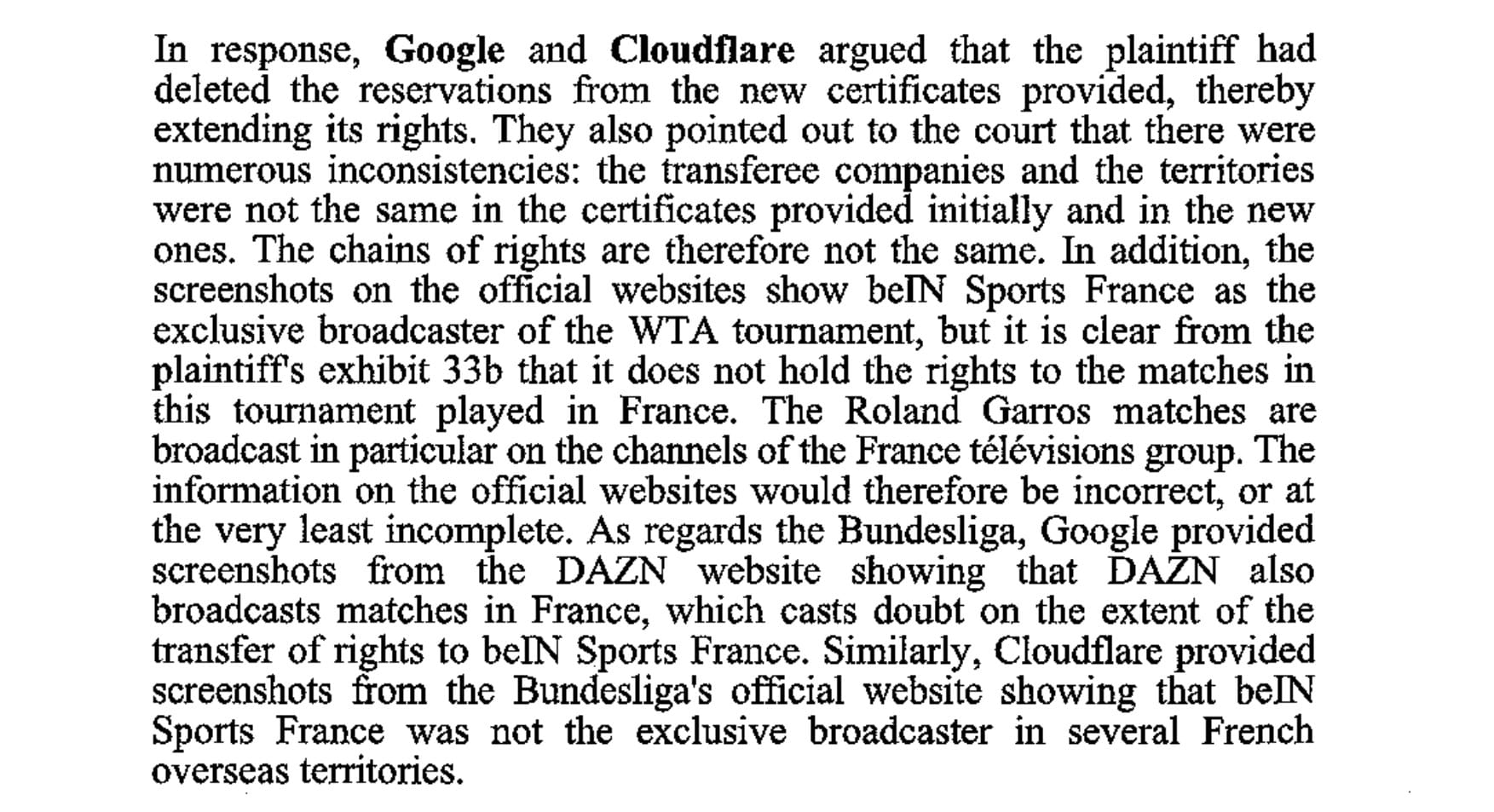
While neither Google nor Cloudflare will be pleased with the outcome, this case shows the importance of challenging blocking requests in court, although that’s not always feasible.
Quad9: DNS Blocks are Fundamentally Wrong
Quad9 was noticeably absent and General Manager Simon Forster informs us that his company didn’t make an appearance, simply because it lacks the resources to put up a fight.
Forster highlights the challenges faced by his small Swiss non-profit organization. With a tight budget, confronting billion-euro corporations in court presents a significant hurdle for Quad9.
Despite these financial constraints, Forster notes that Quad9 will continue to resist blocking actions to the best of its ability. He clarifies that the company’s decision not to defend itself in this particular case is due to a lack of resources, rather than an unwillingness to protect its rights and those of its users.
‘Fundamentally we believe that these blocking orders are wrong,’ Forster states, emphasizing that rightsholders have alternative methods to protect their content instead of pursuing legal action against content-neutral DNS providers.
More Blocking Action Ahead?
For now, there are no signs that rightsholders are backing down from their DNS blocking requests. On the contrary, these are rapidly expanding to other countries in Europe, and in the United States they are also part of a proposed site blocking bill.
Given the opposition to recent court orders, Google and Cloudflare are expected to oppose these efforts fiercely, until all their options are exhausted.
Whether beIN plans to partially refile its blocking request with the correct logos is unknown. If they do, a move by pirate stream operators to step up logo blurring could amount to a novel type of blocking circumvention, complicating matters further.
—
A copy of the latest blocking order, issued by the Paris Judicial Court on May 2 and published by Cloudflare in the Lumen Database is available here (pdf)
From: TF, for the latest news on copyright battles, piracy and more.


_Brian_Jackson_Alamy.jpg?width=1280&auto=webp&quality=80&disable=upscale#)
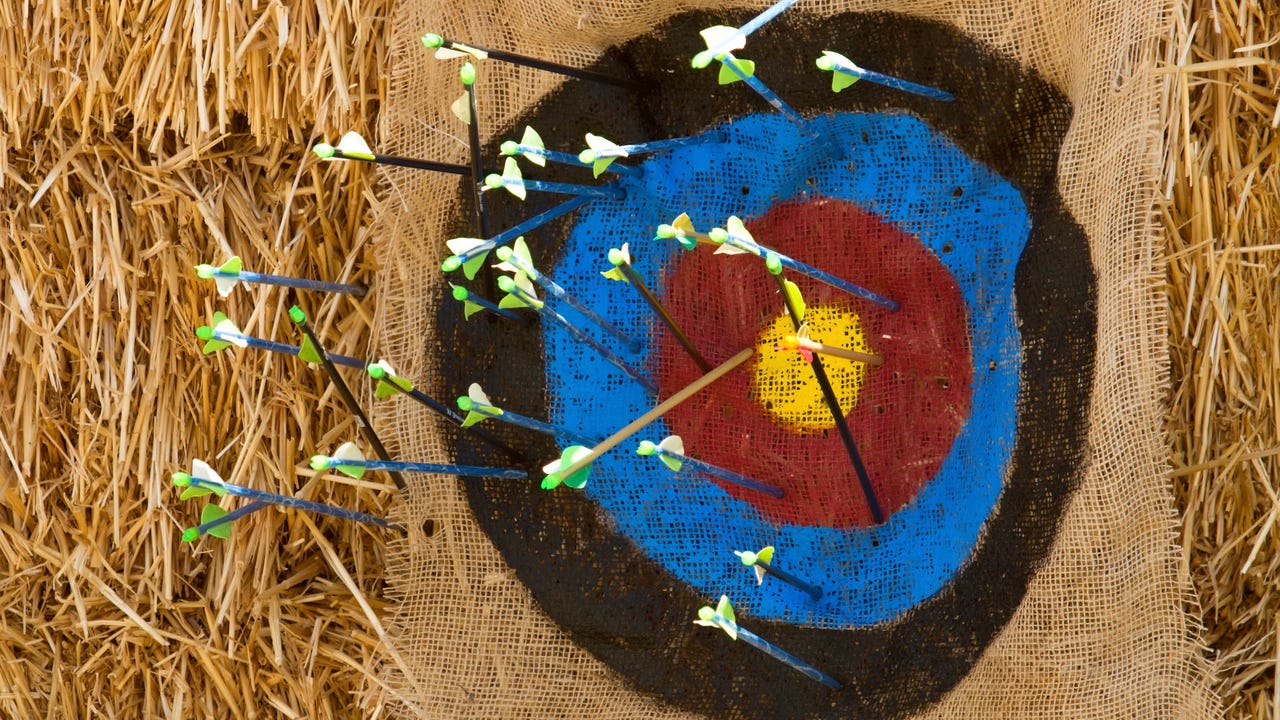

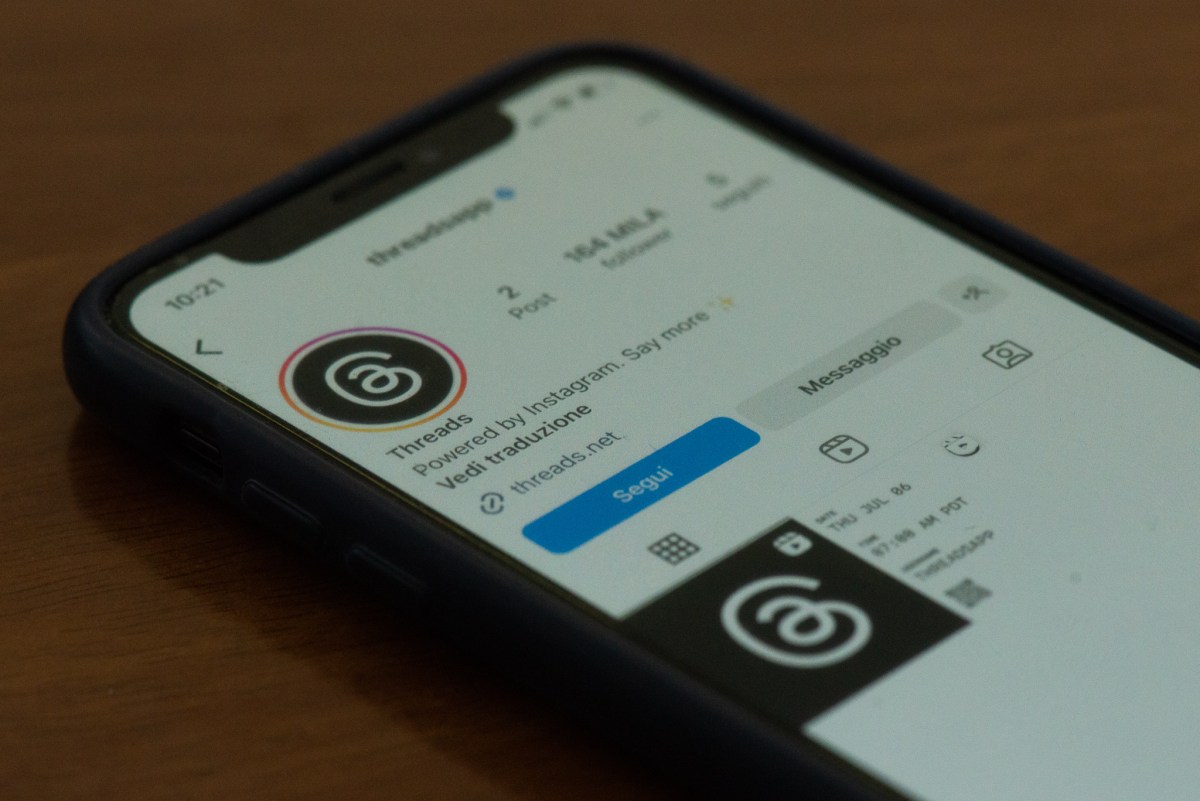





















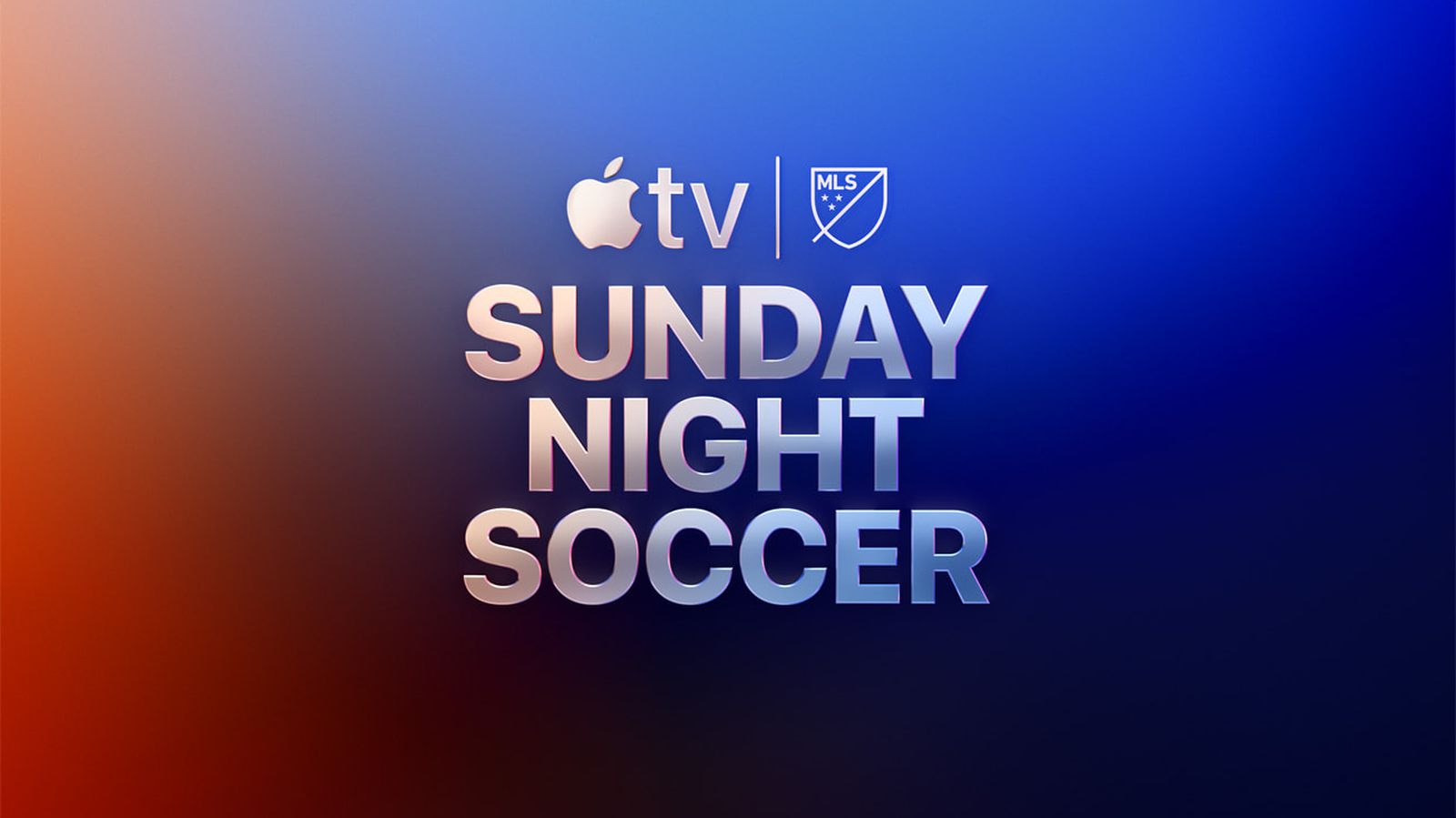






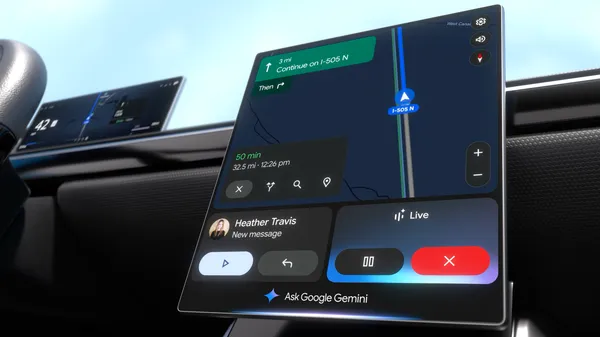
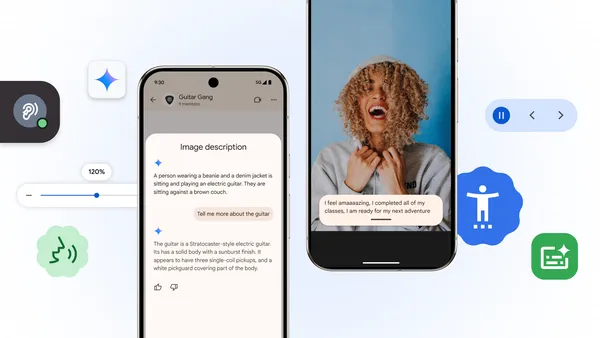










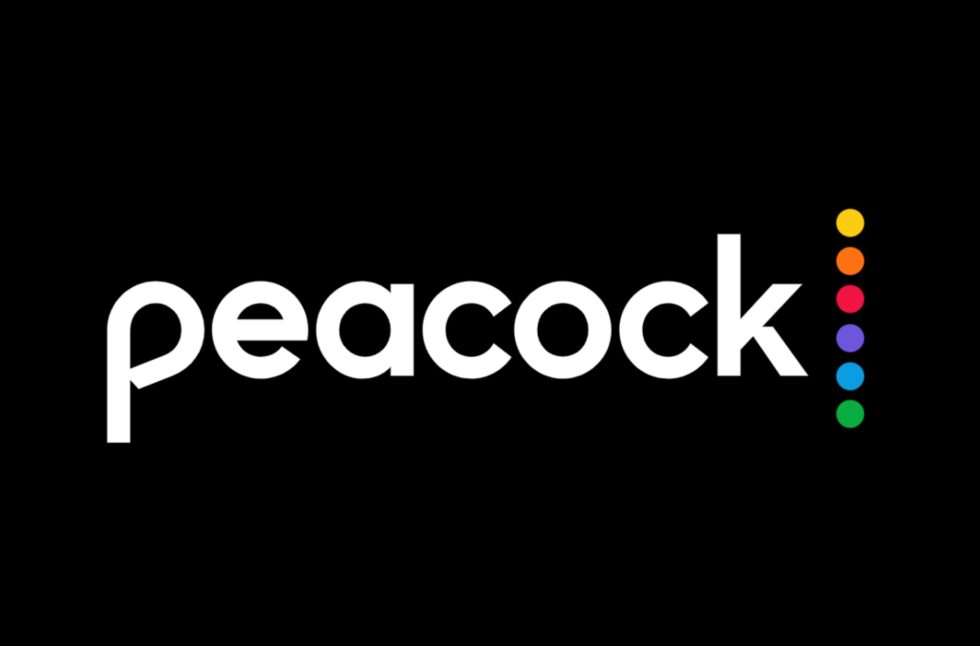
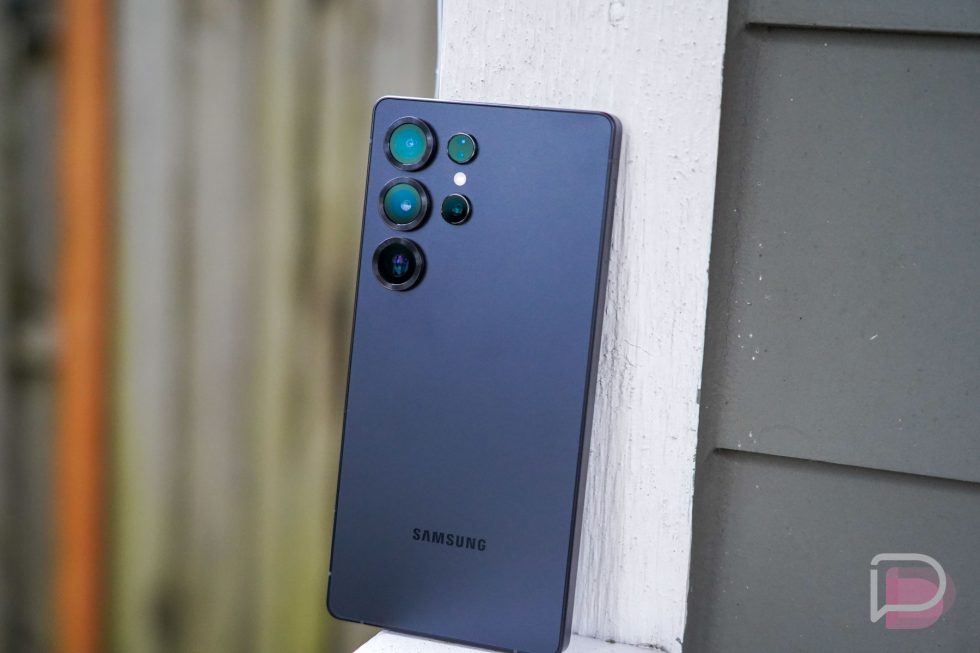
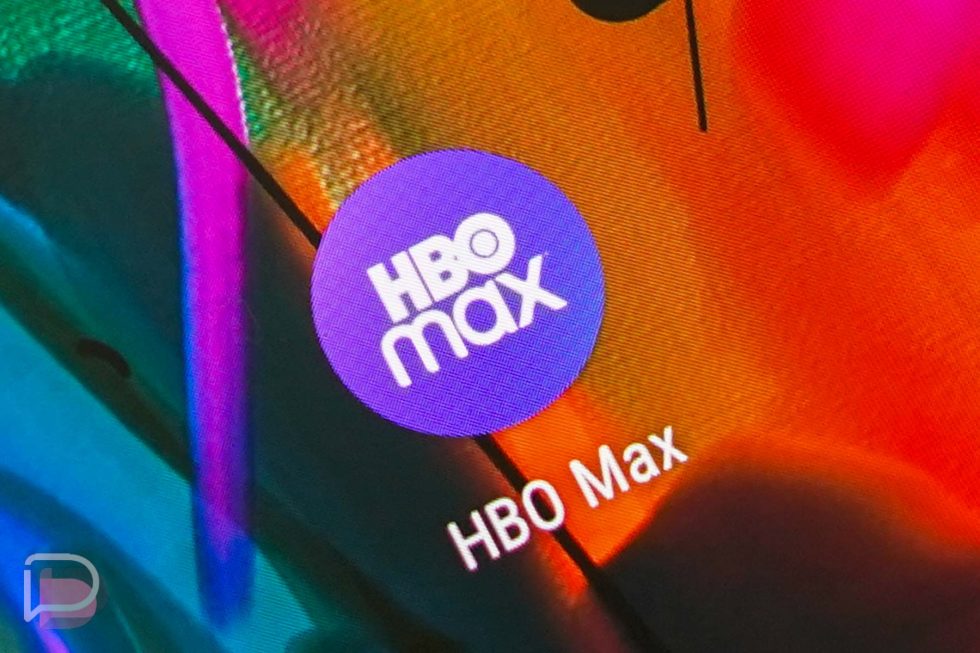











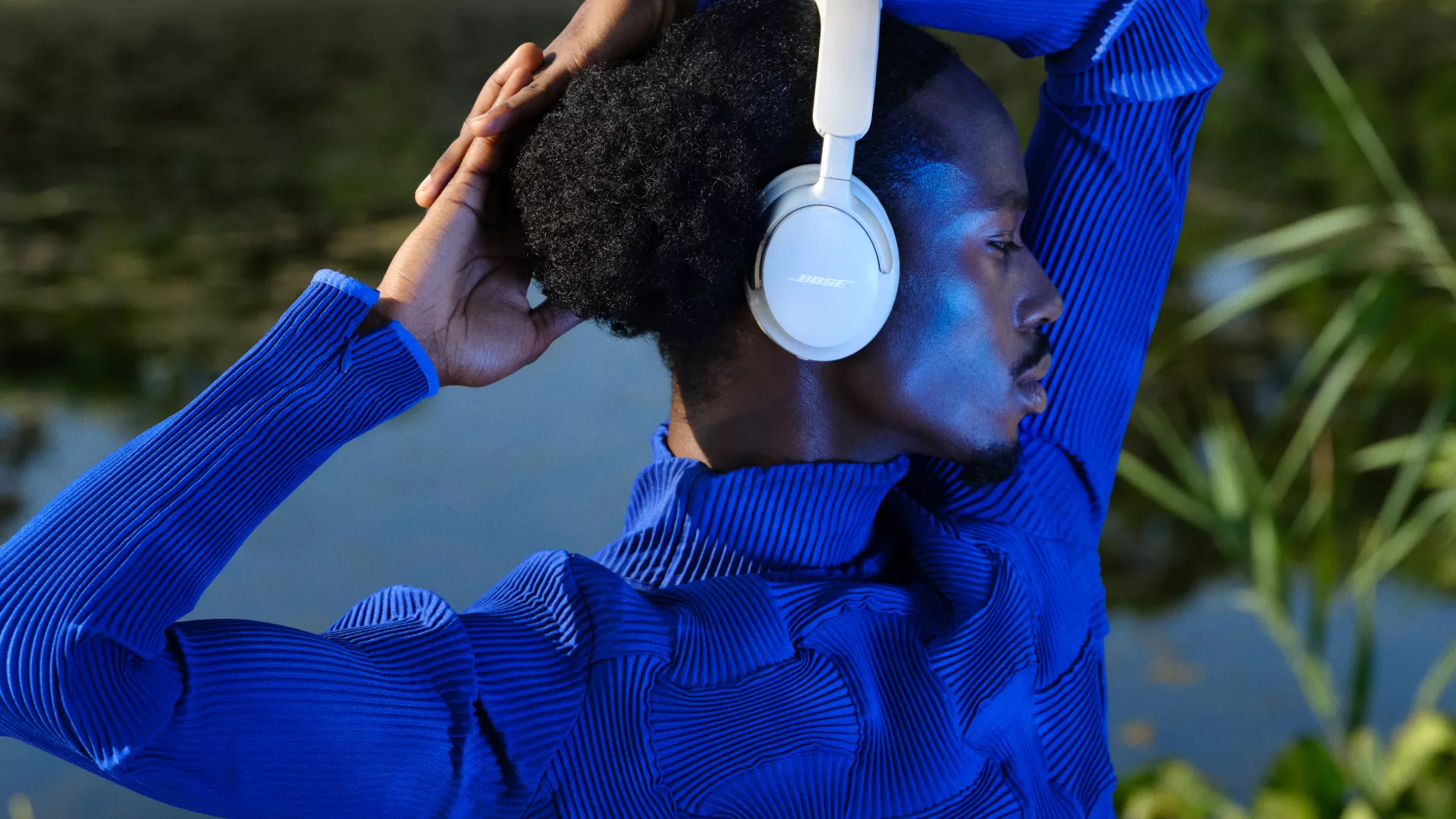













![Trump Tells Cook to Stop Building iPhones in India and Build in the U.S. Instead [Video]](https://www.iclarified.com/images/news/97329/97329/97329-640.jpg)



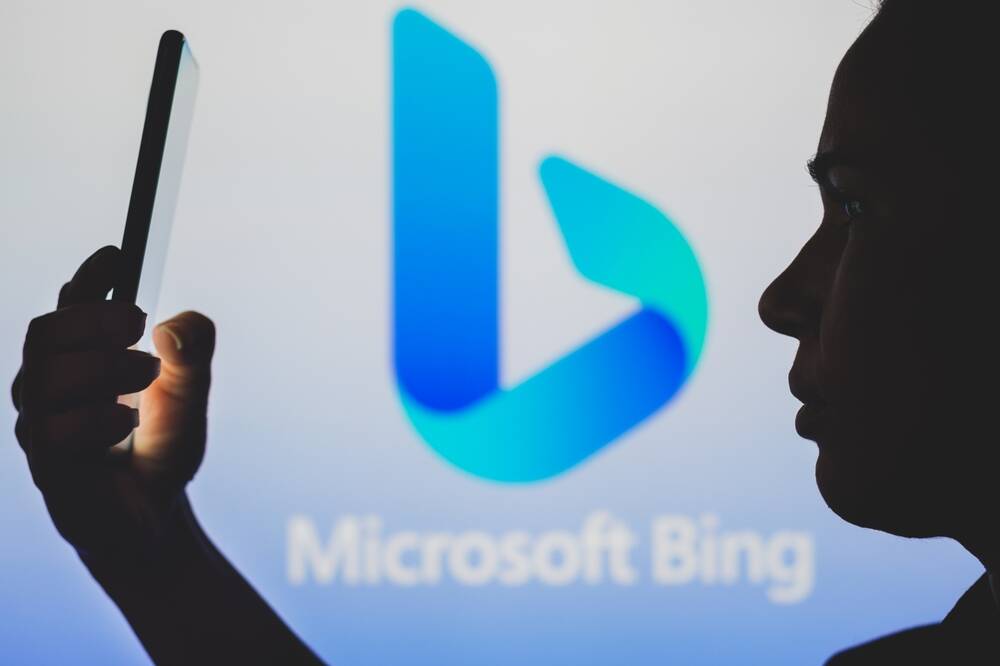
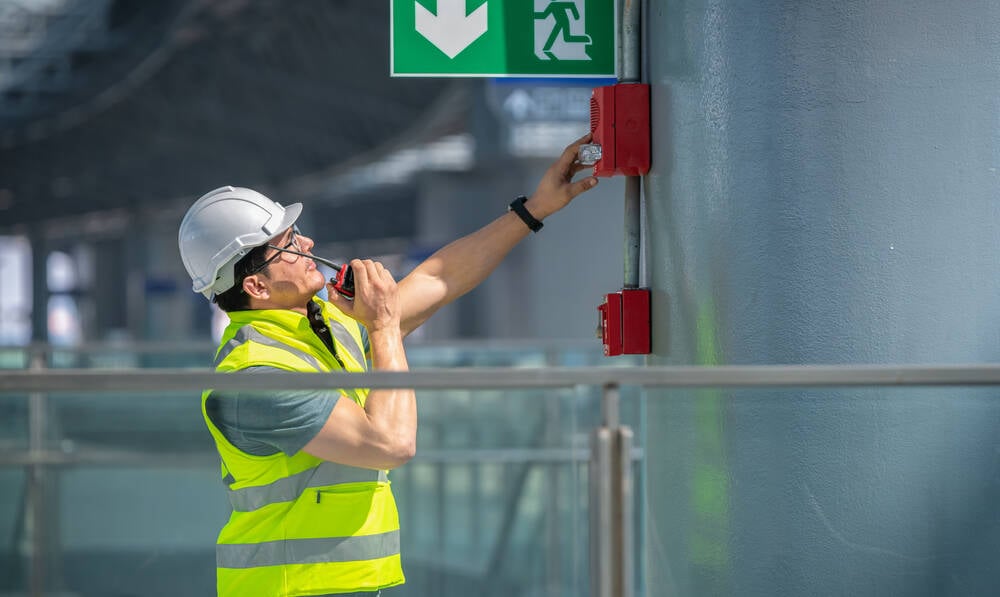
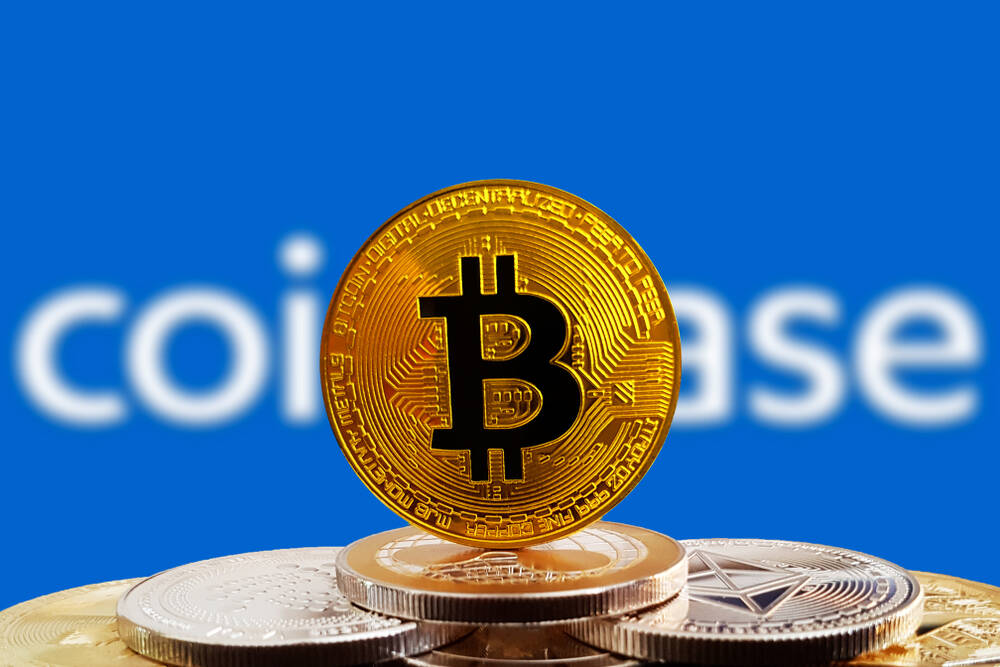
















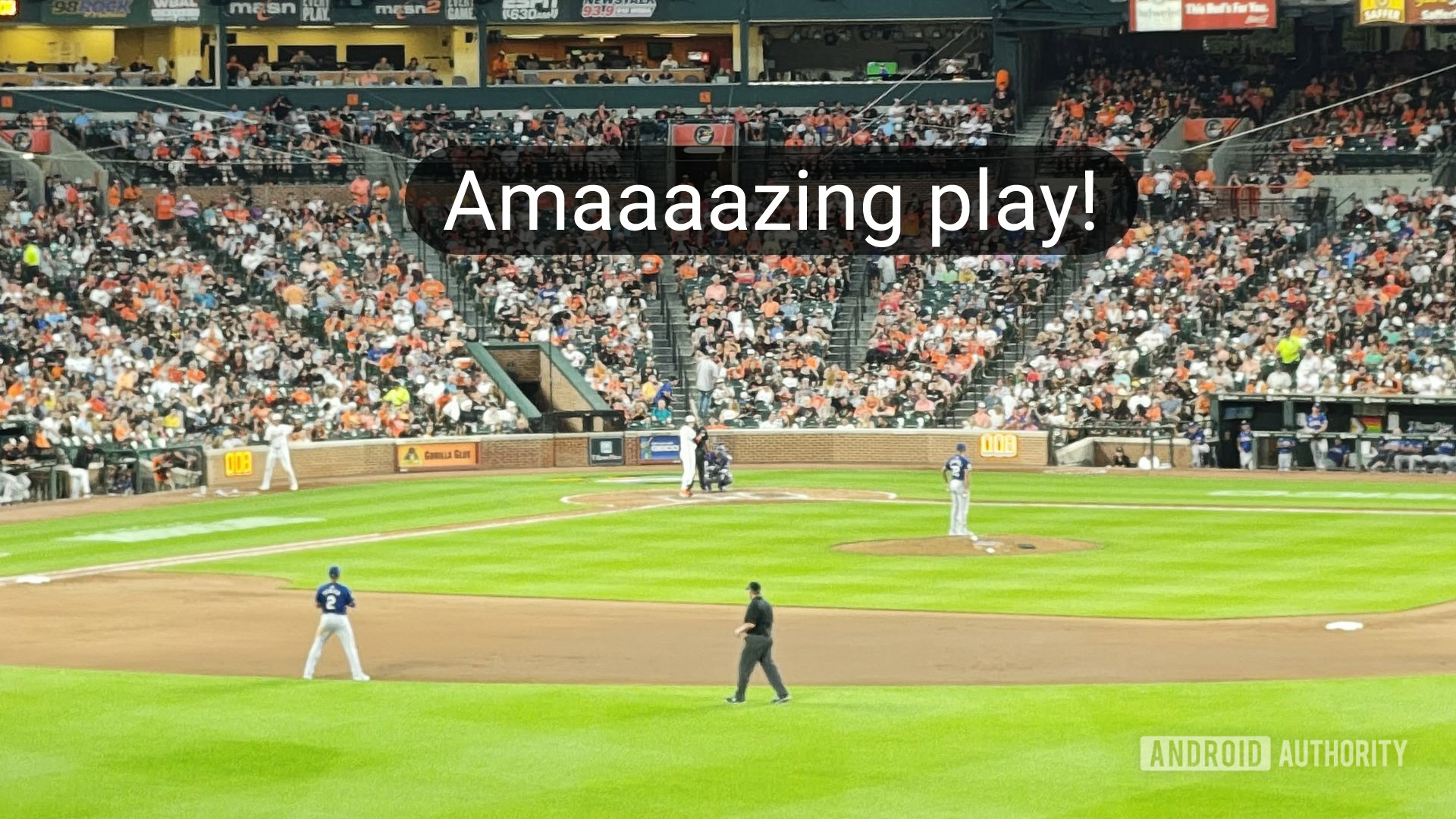


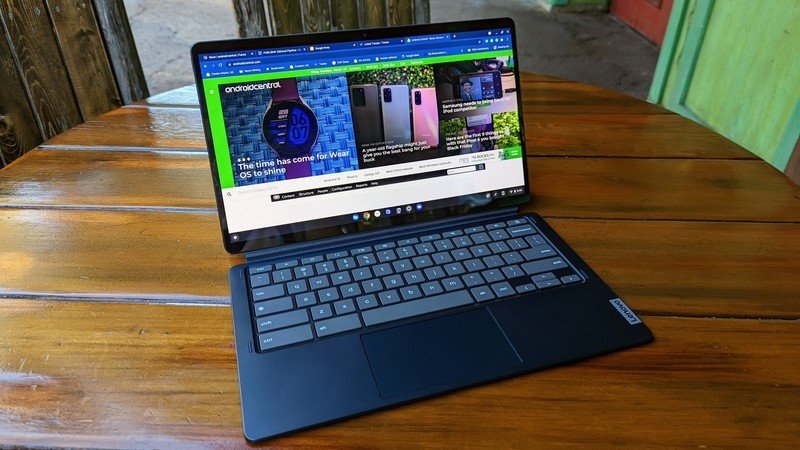
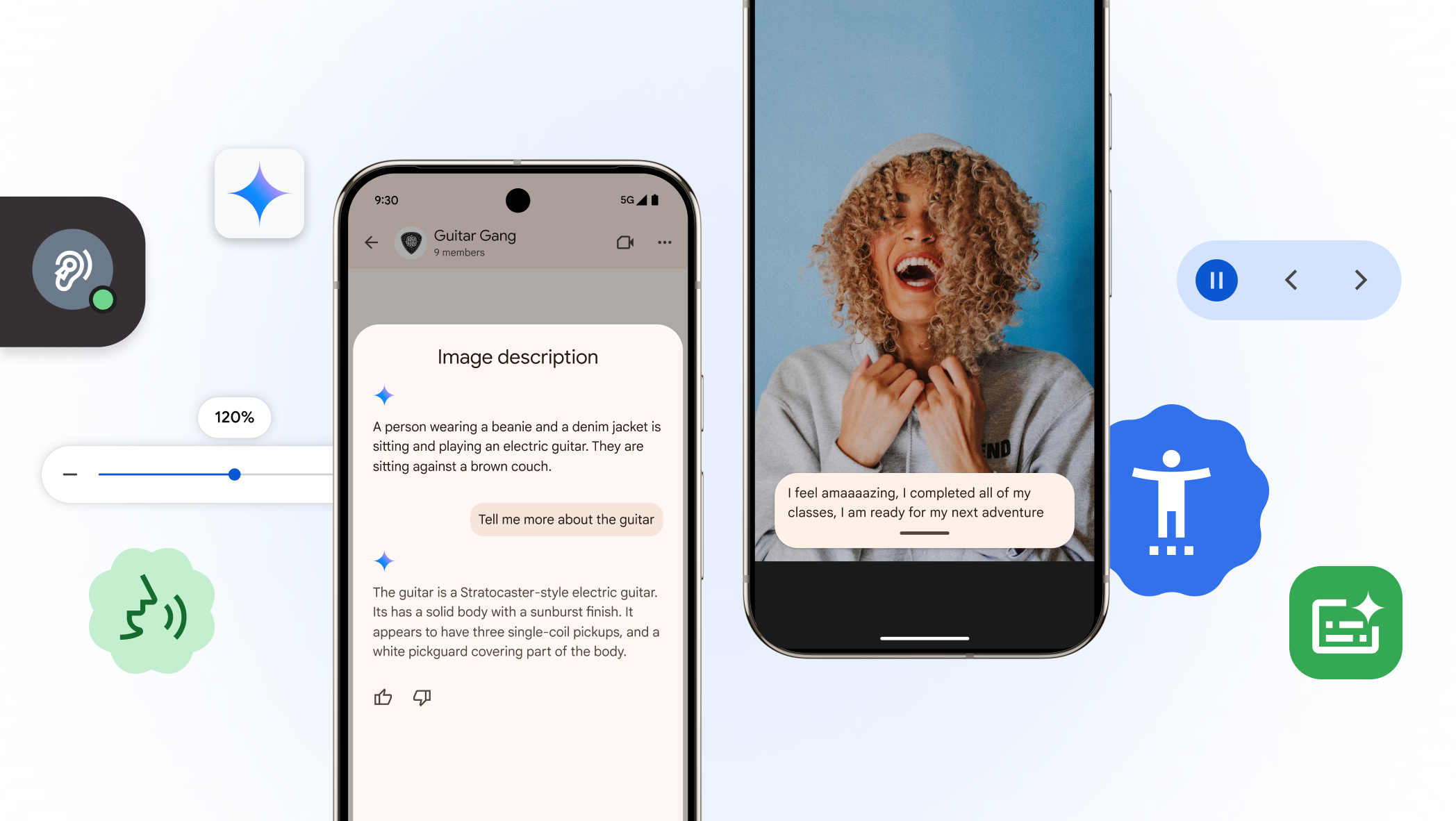

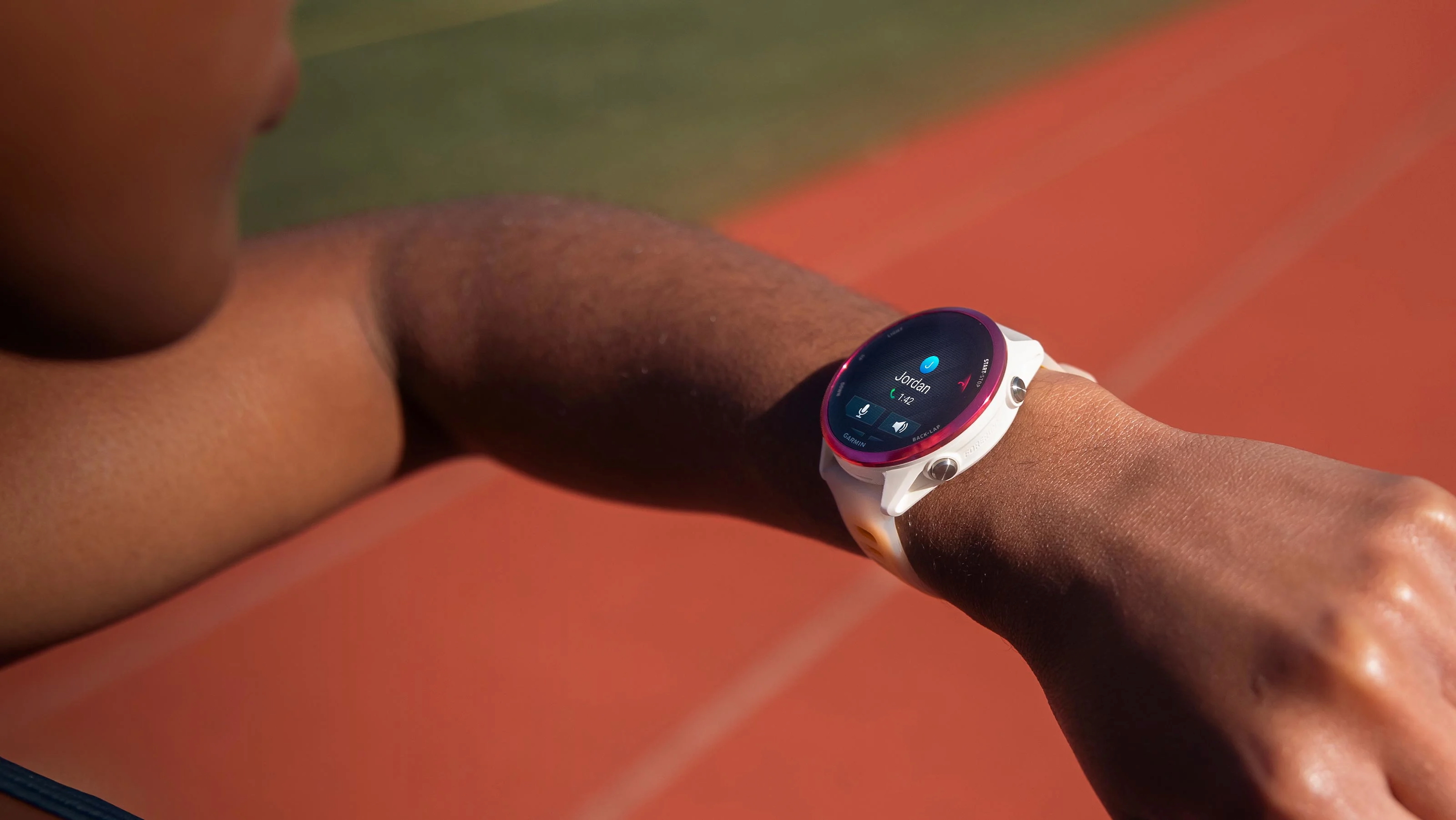



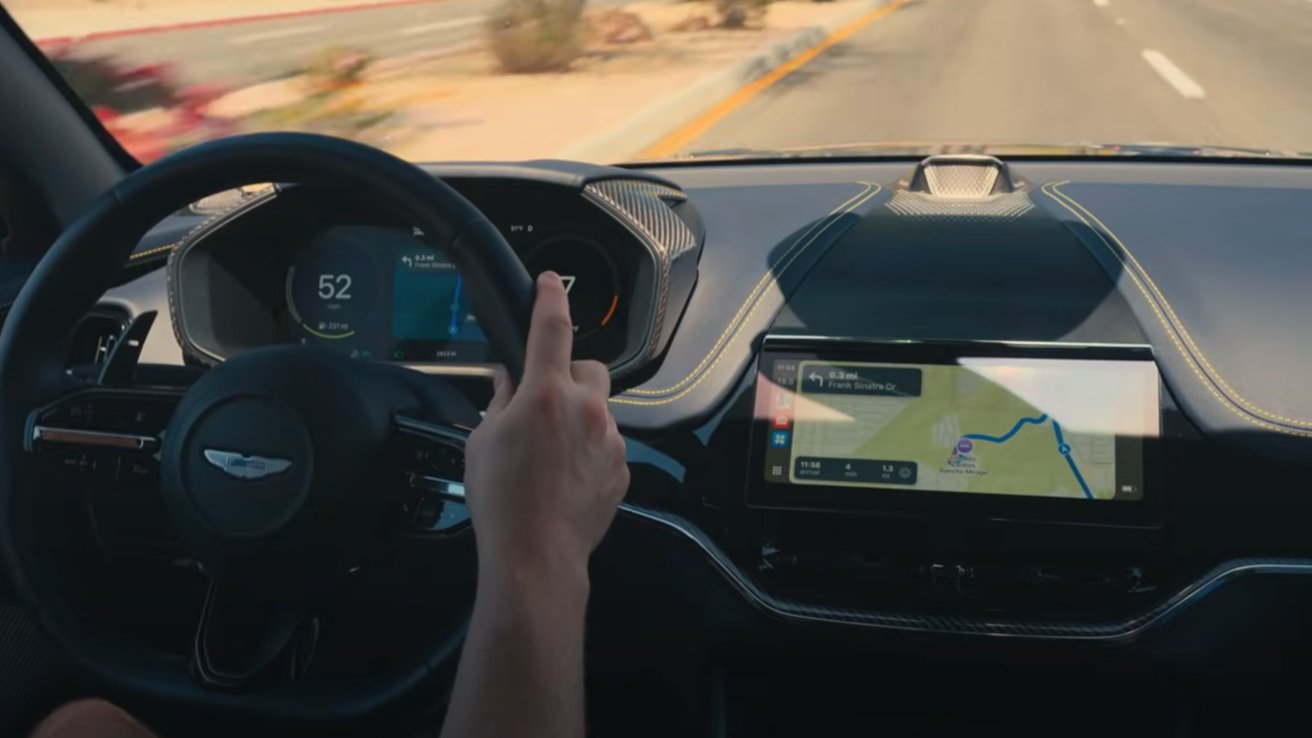





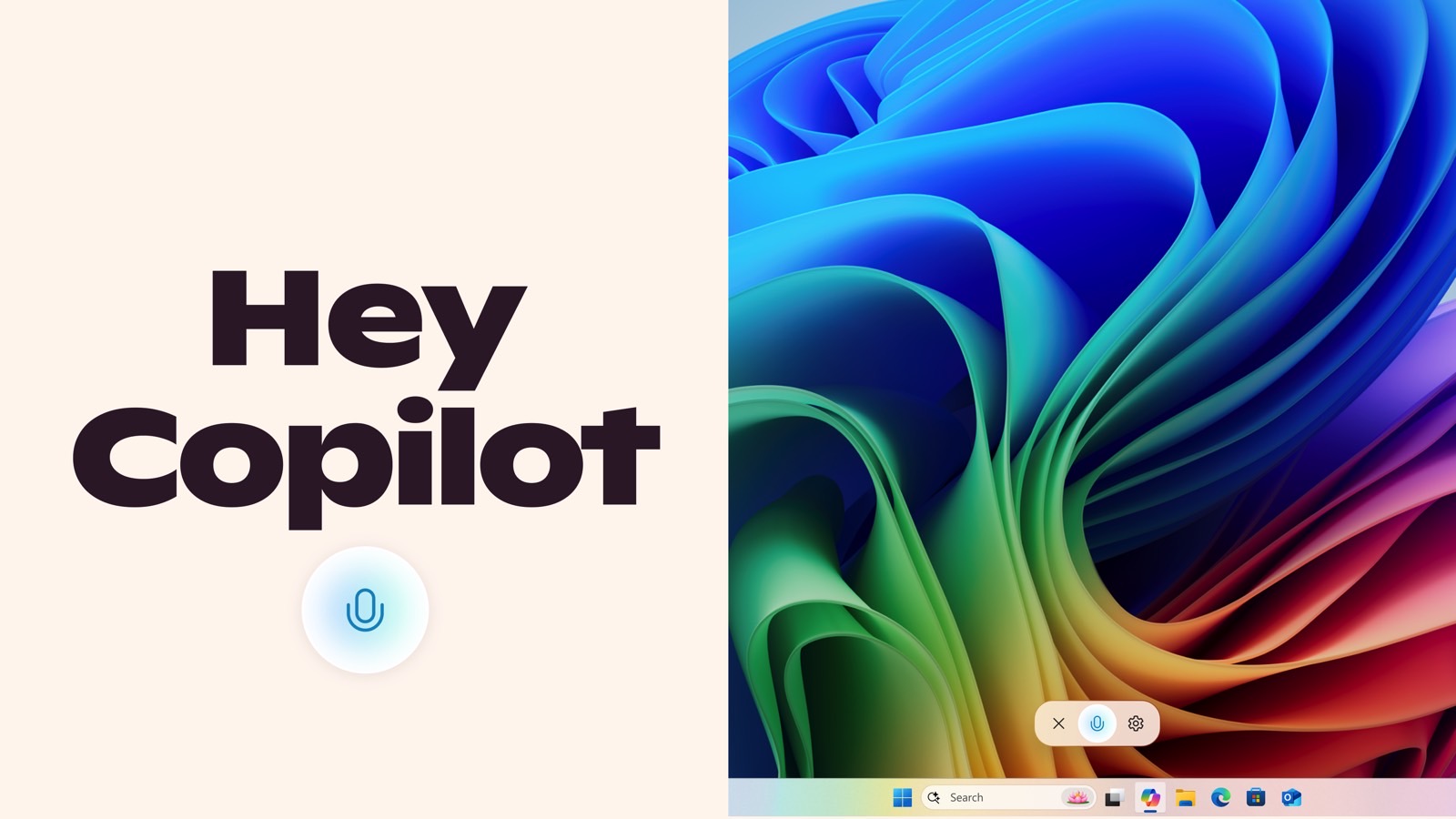



















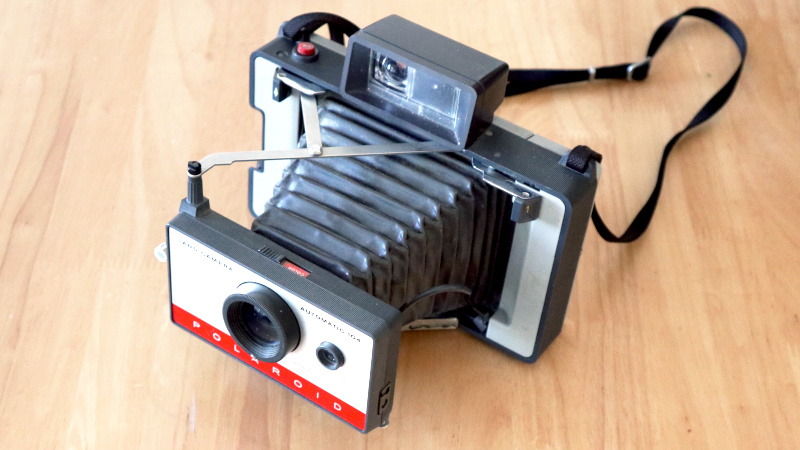

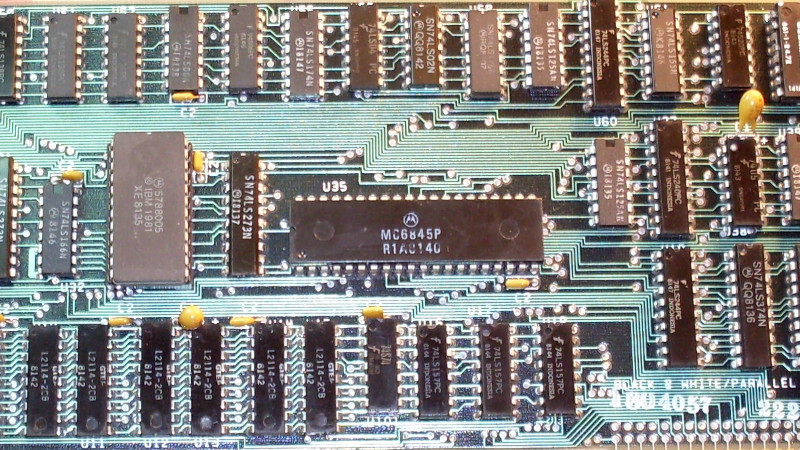
























































































































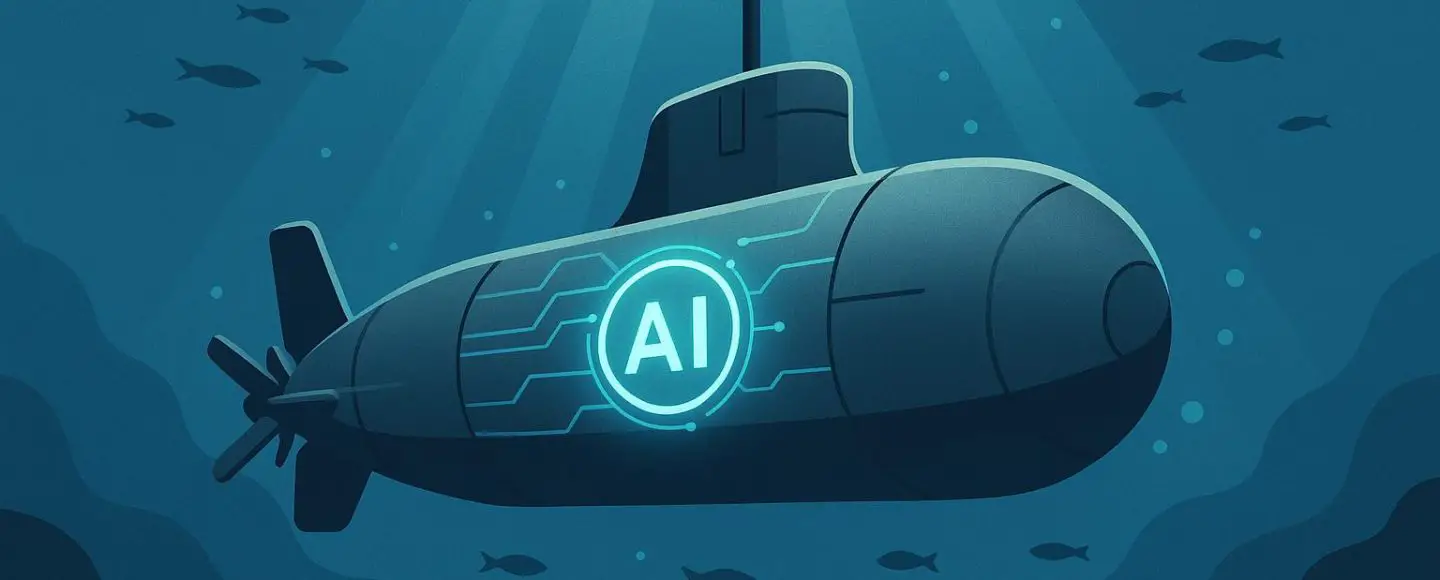







































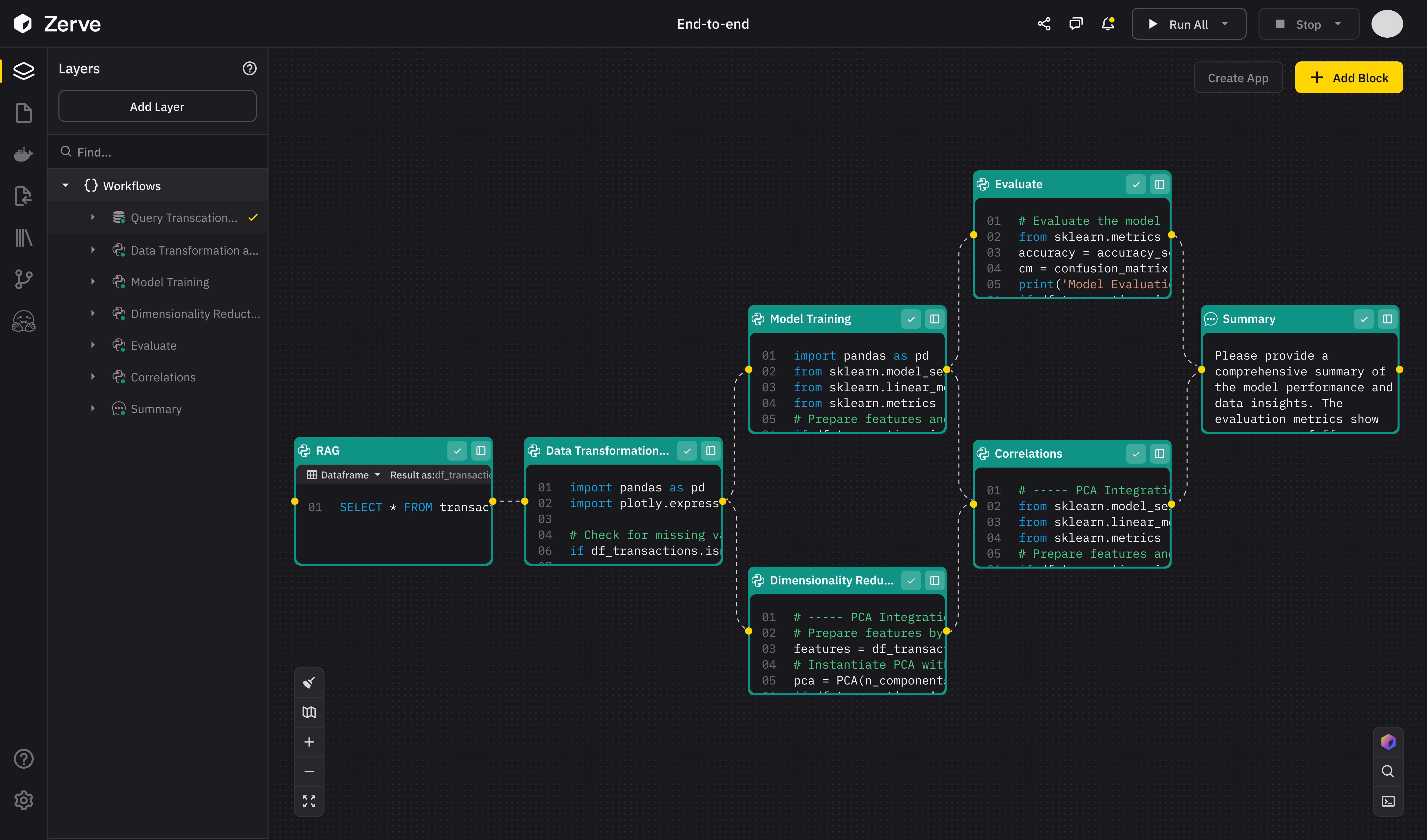












![[The AI Show Episode 147]: OpenAI Abandons For-Profit Plan, AI College Cheating Epidemic, Apple Says AI Will Replace Search Engines & HubSpot’s AI-First Scorecard](https://www.marketingaiinstitute.com/hubfs/ep%20147%20cover.png)


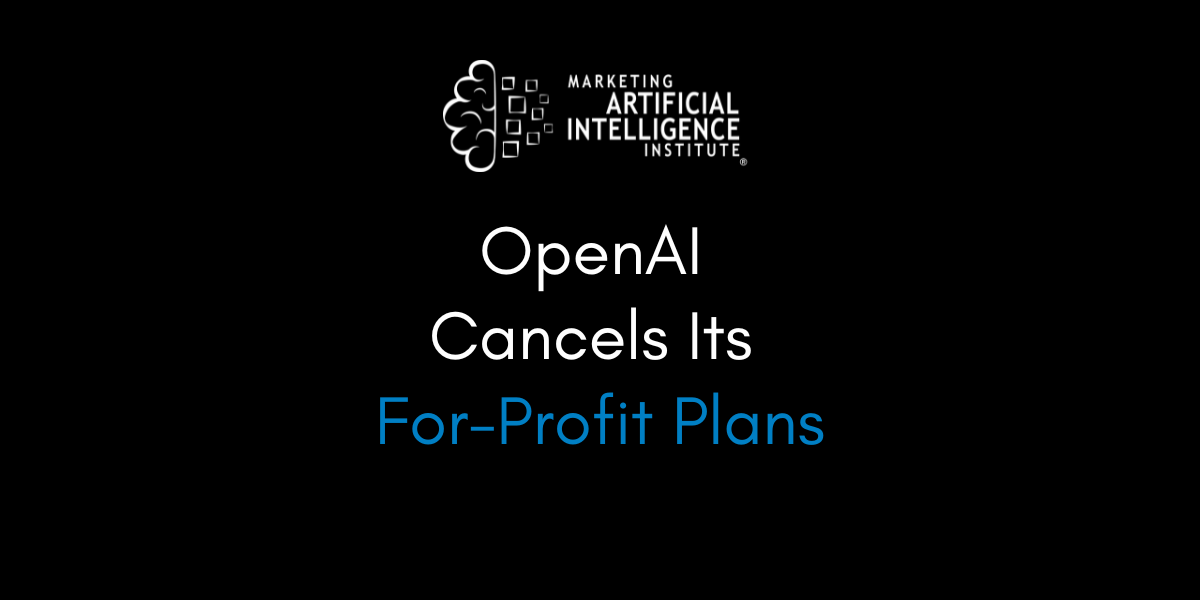





















![How to Enable Remote Access on Windows 10 [Allow RDP]](https://bigdataanalyticsnews.com/wp-content/uploads/2025/05/remote-access-windows.jpg)










